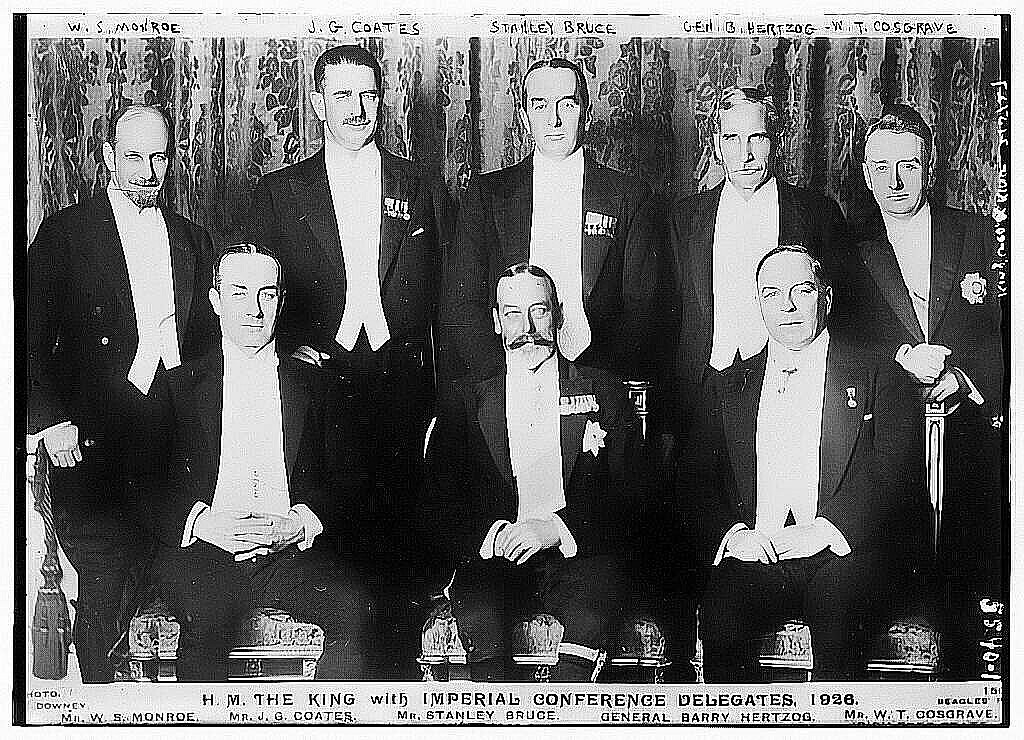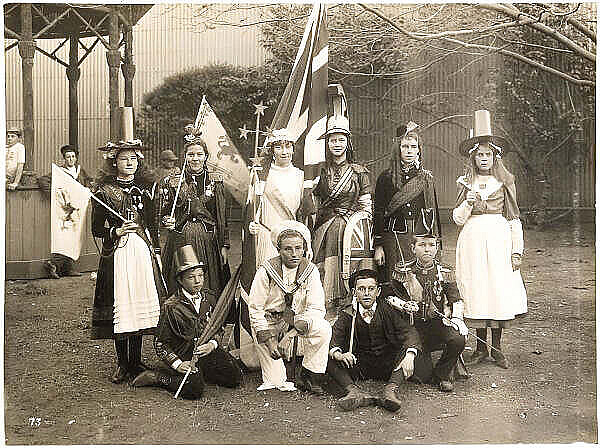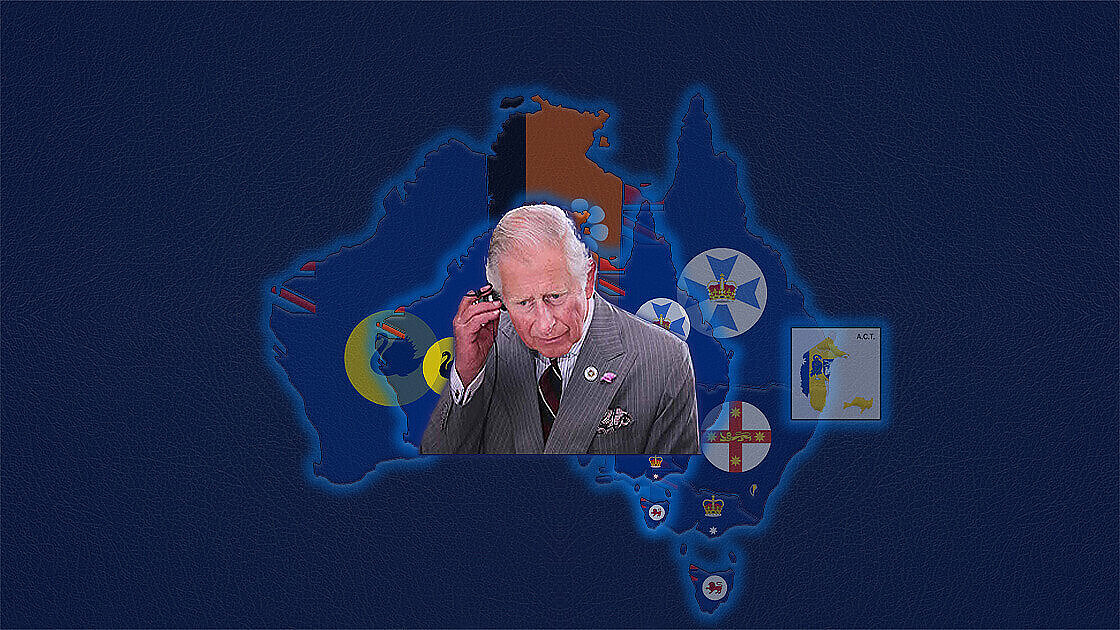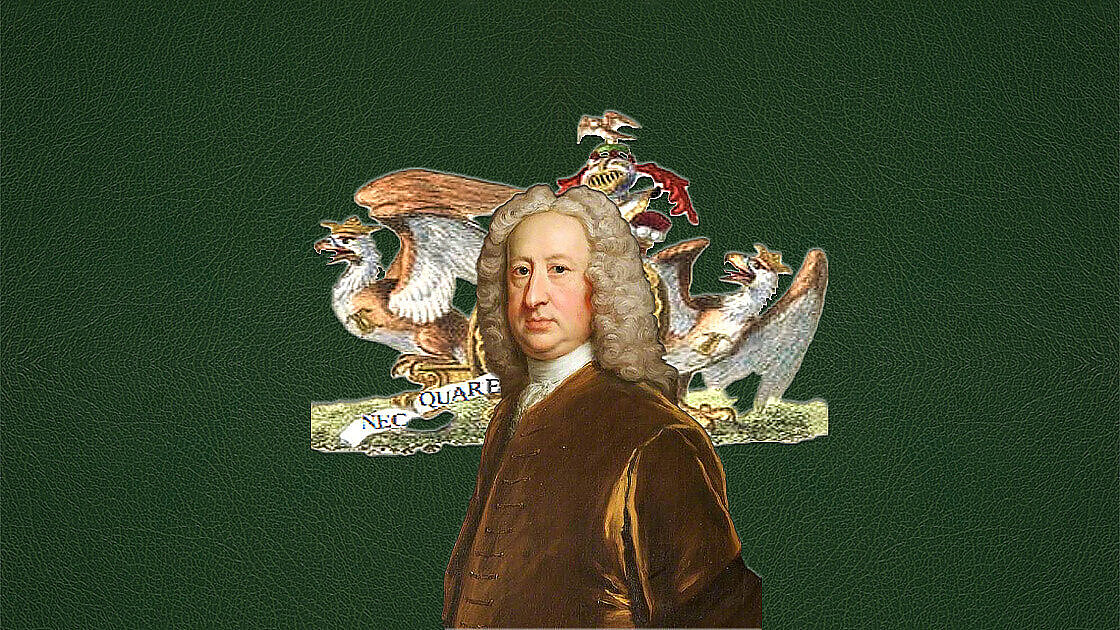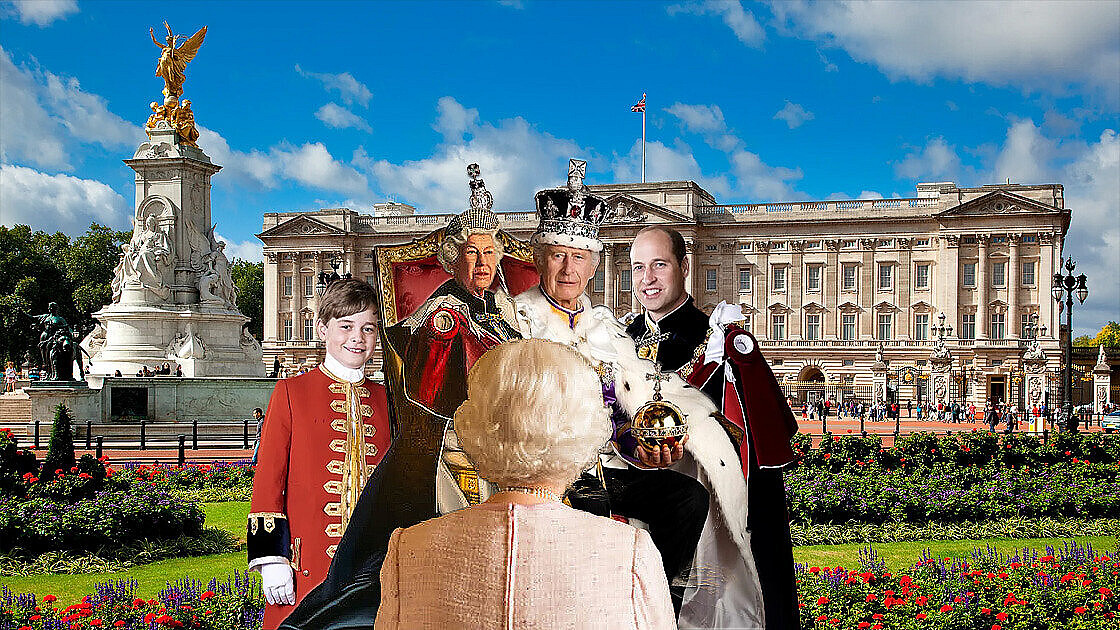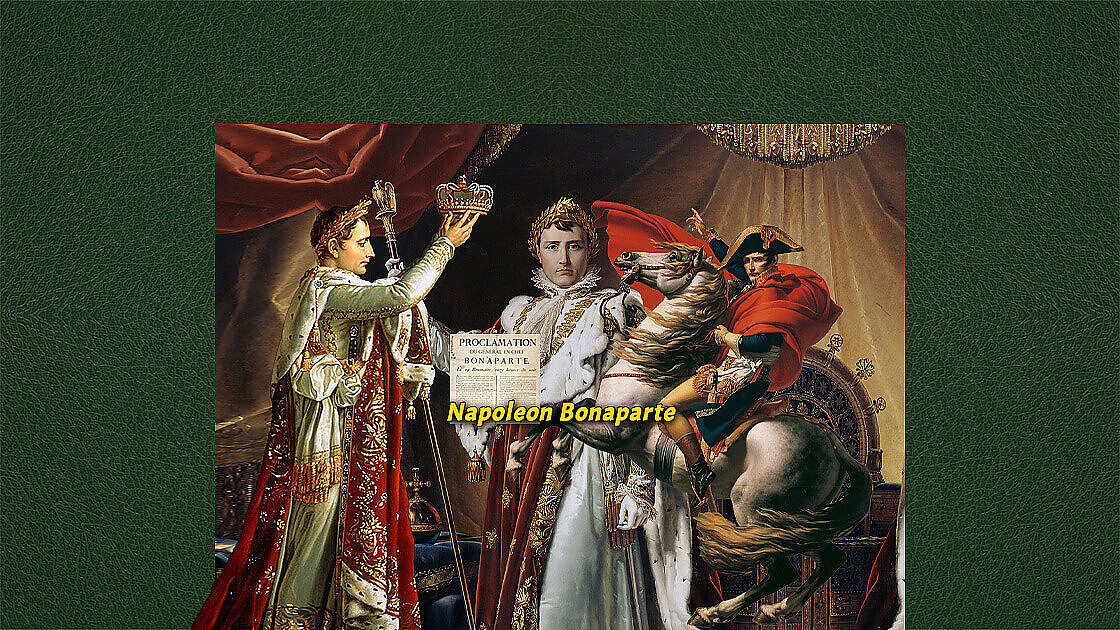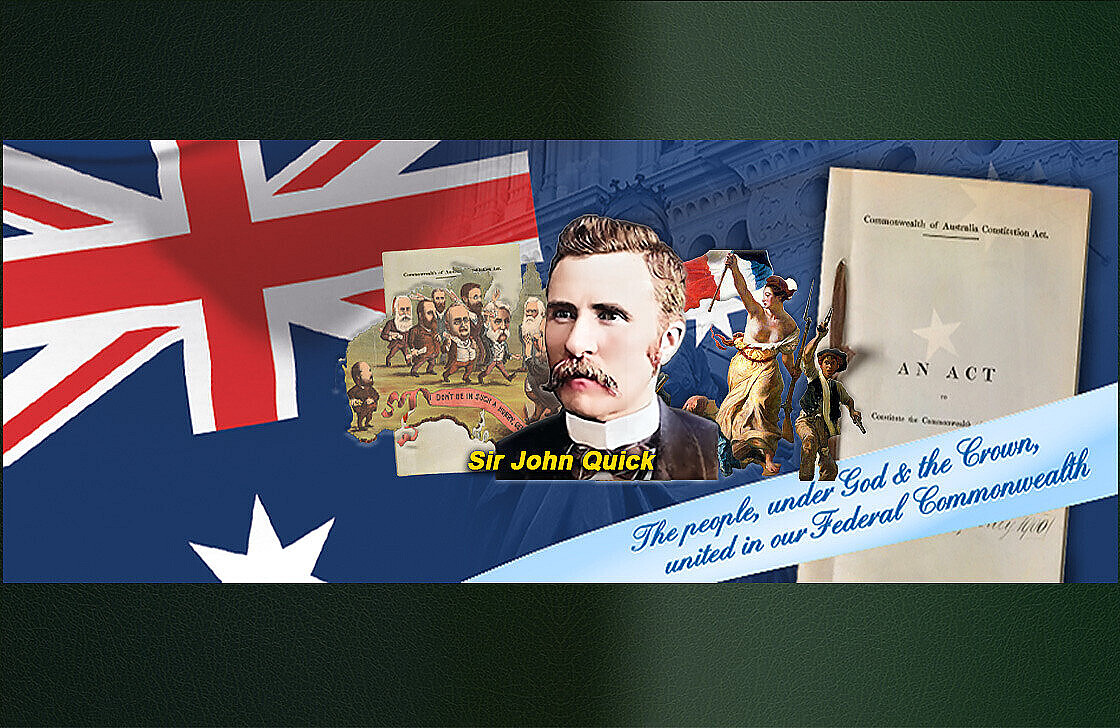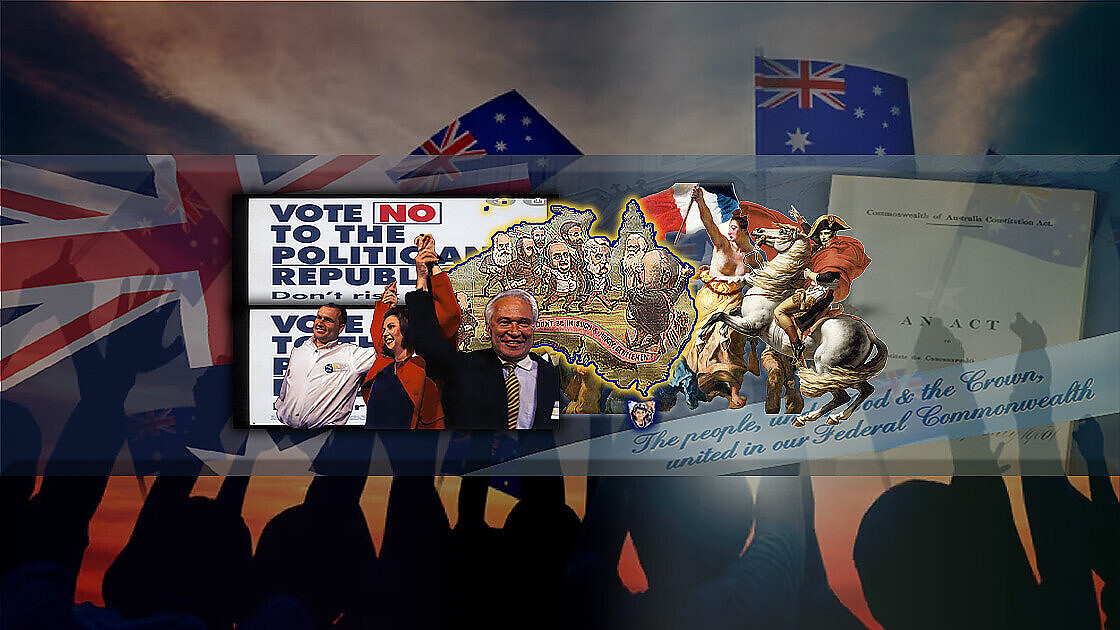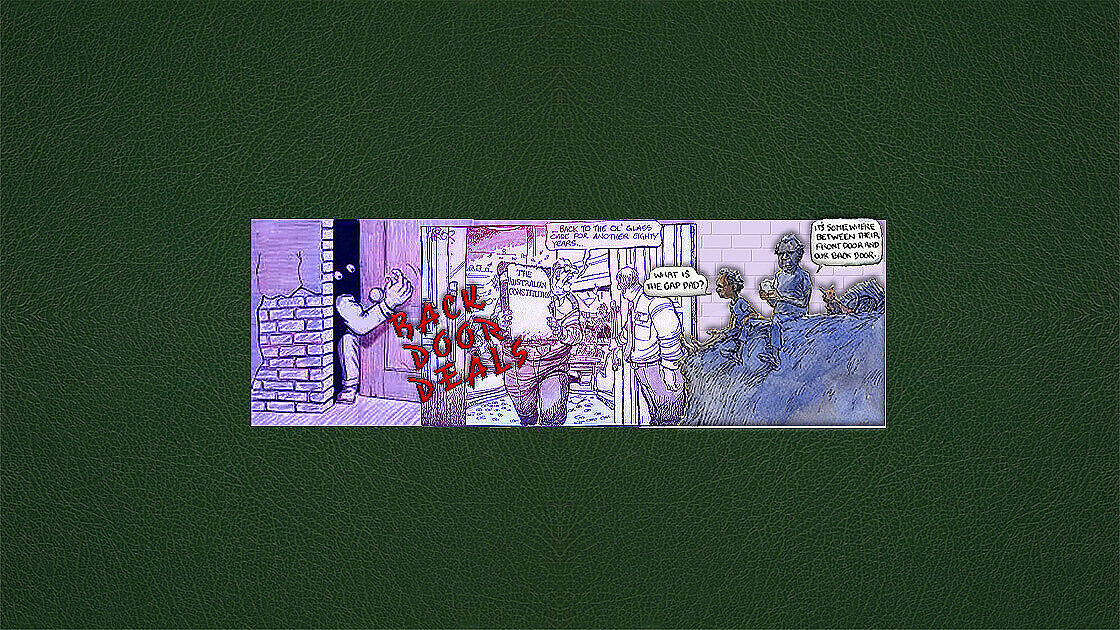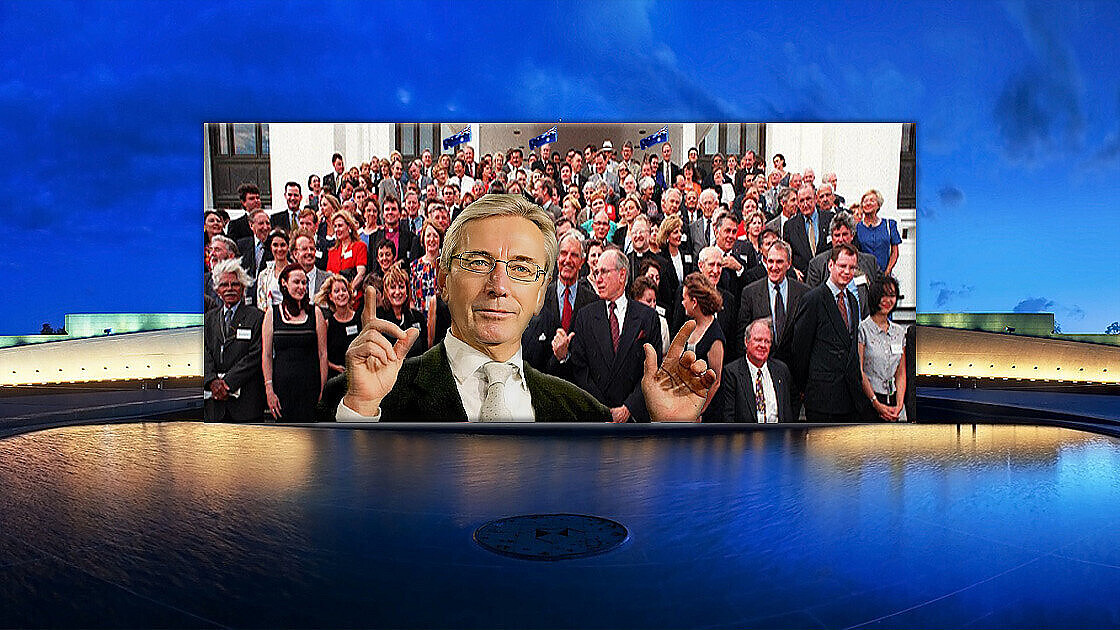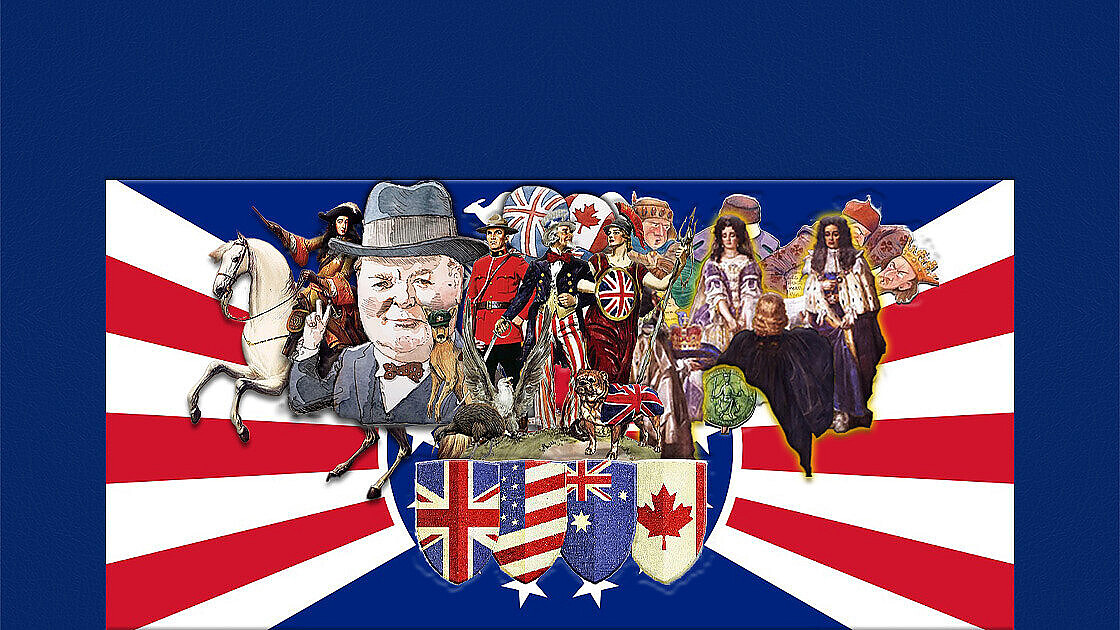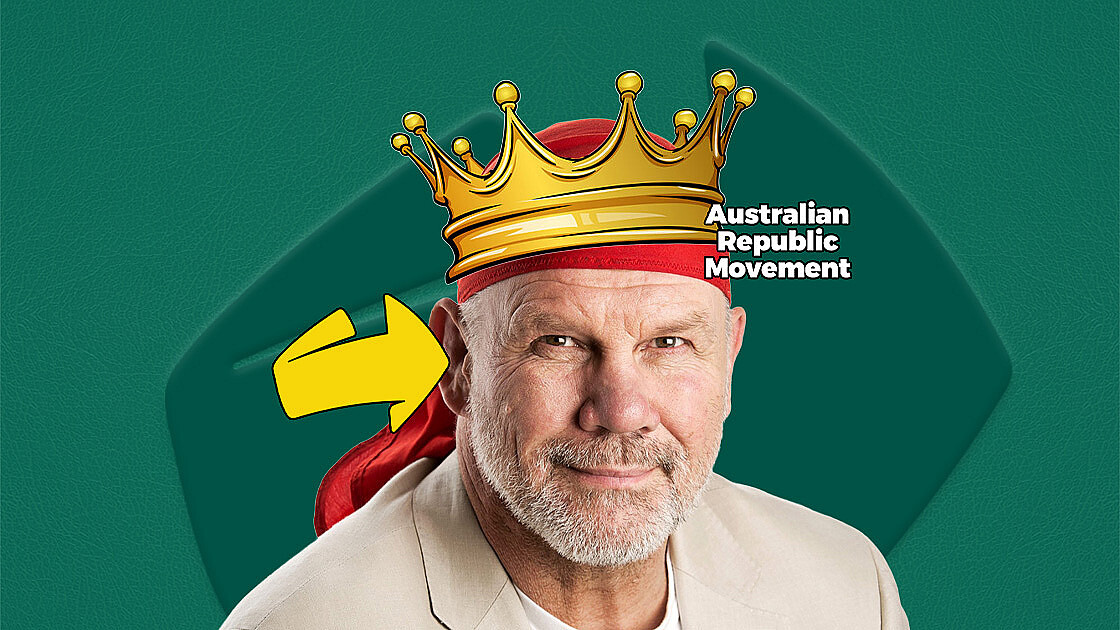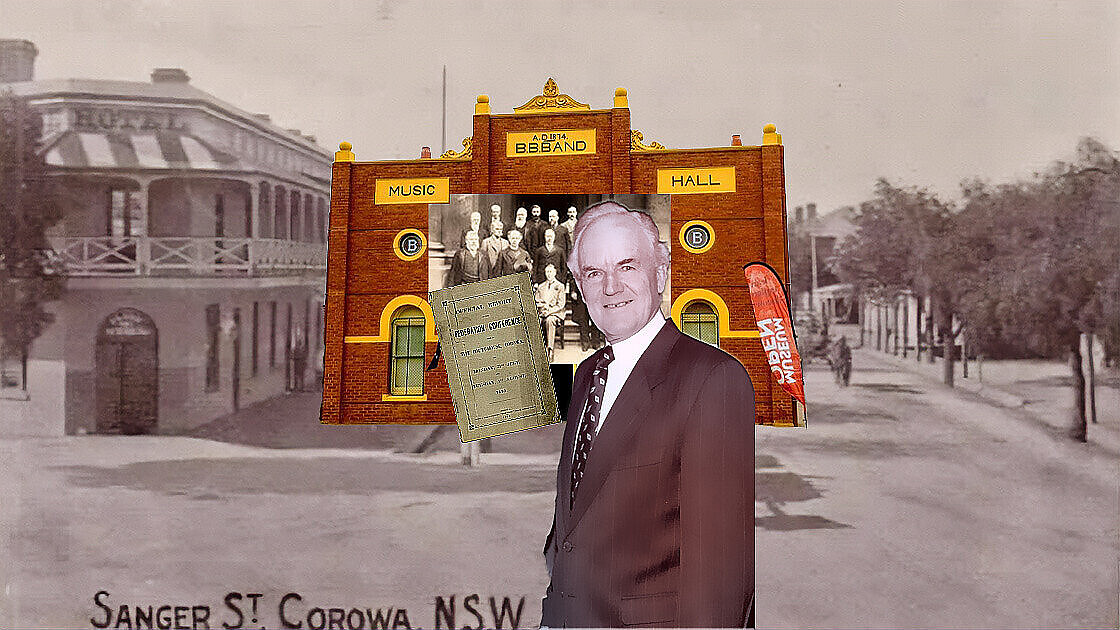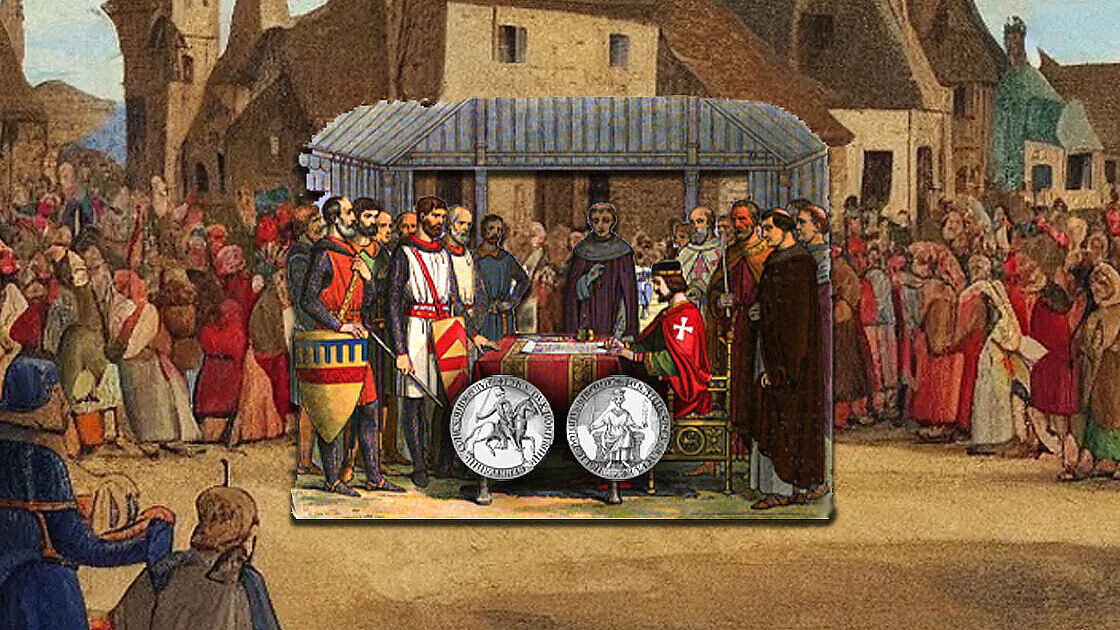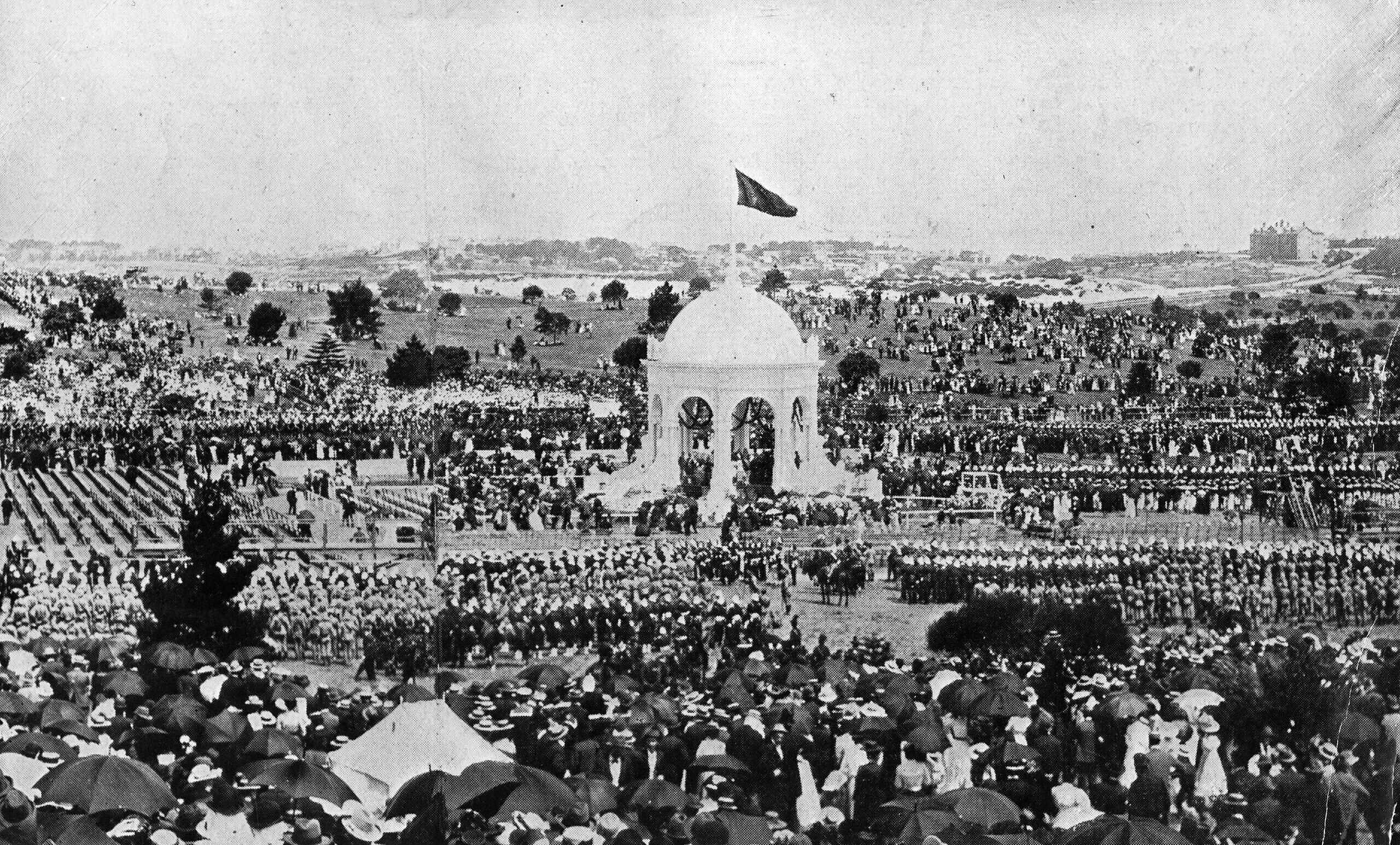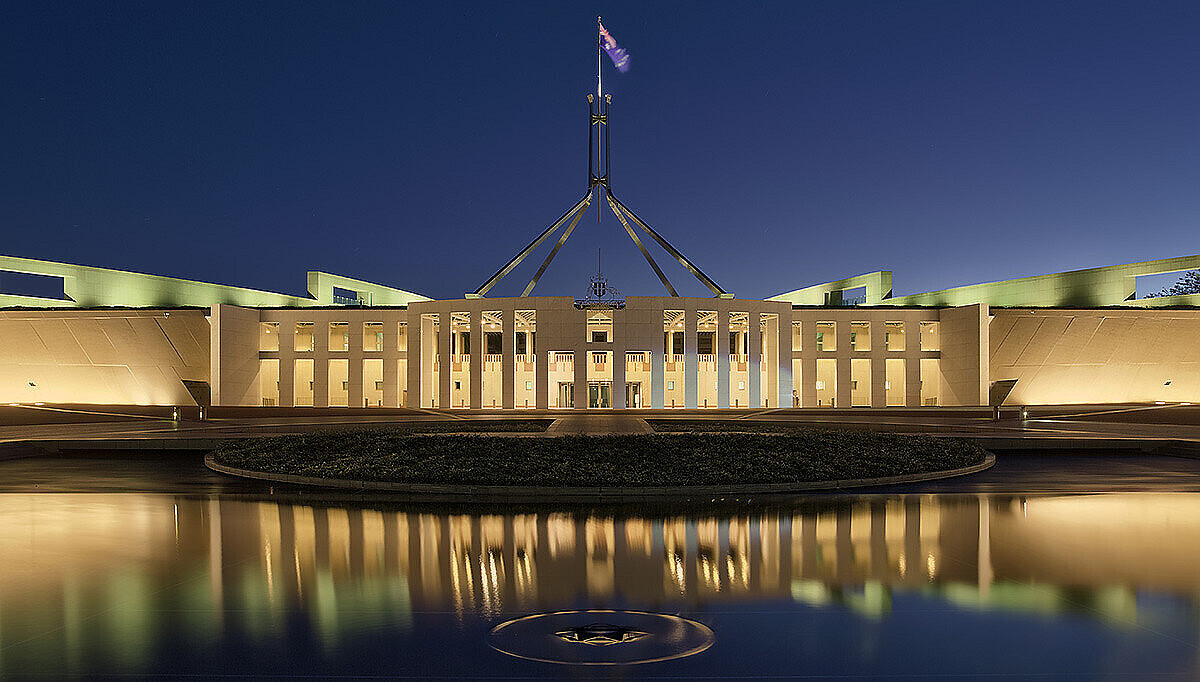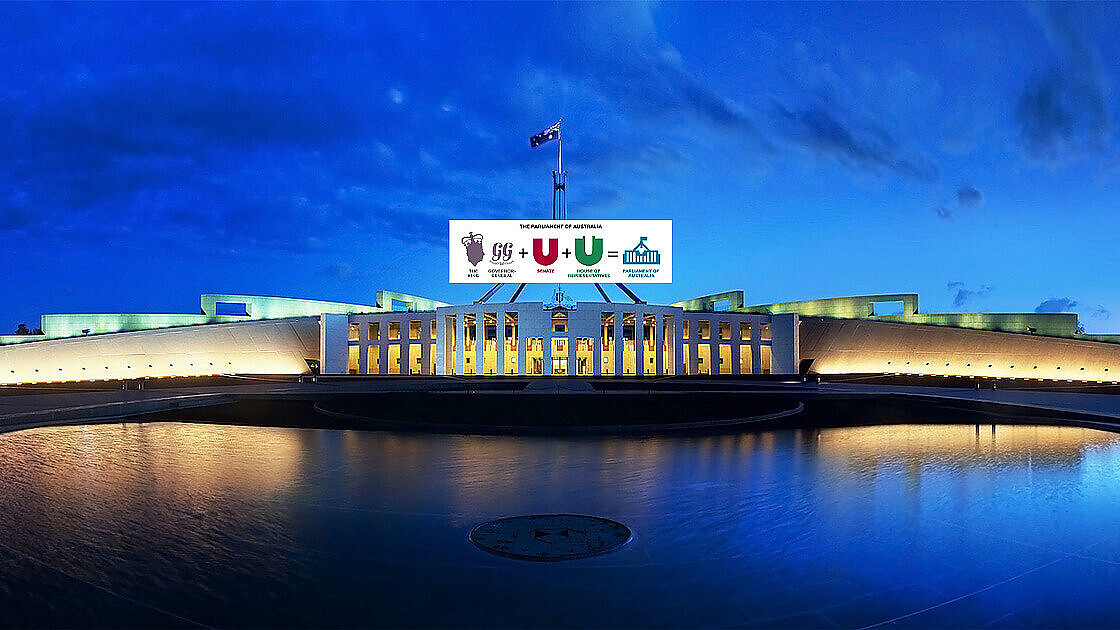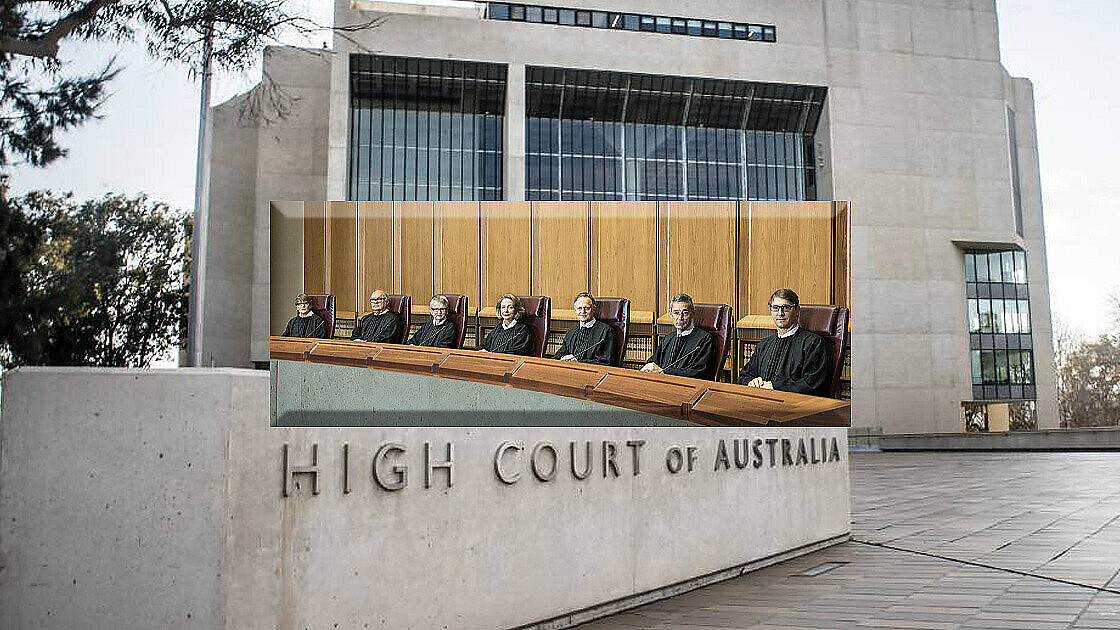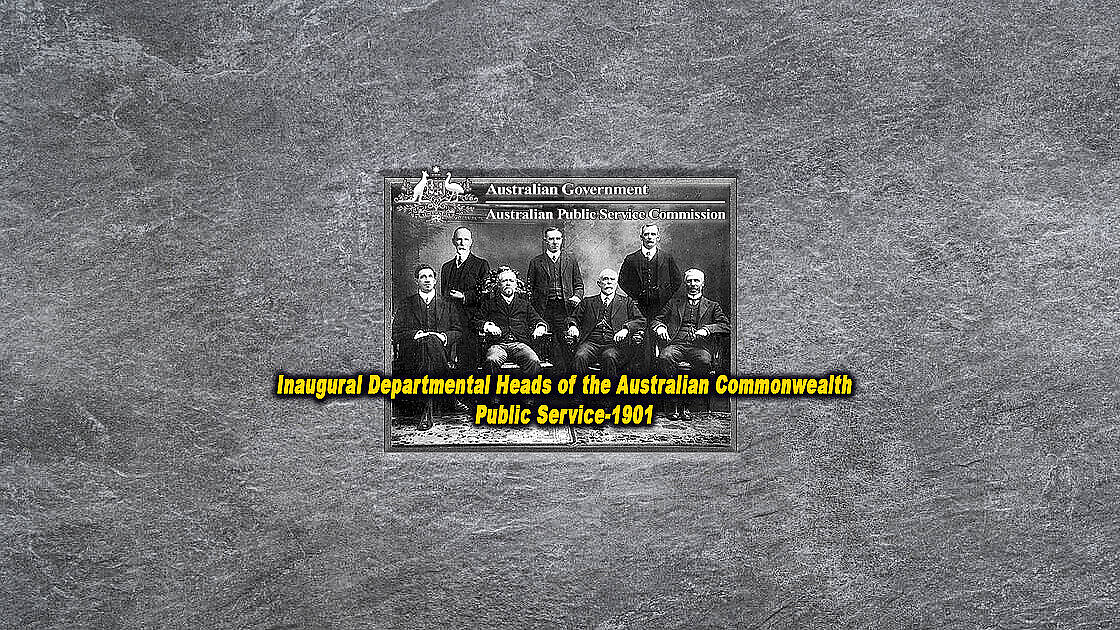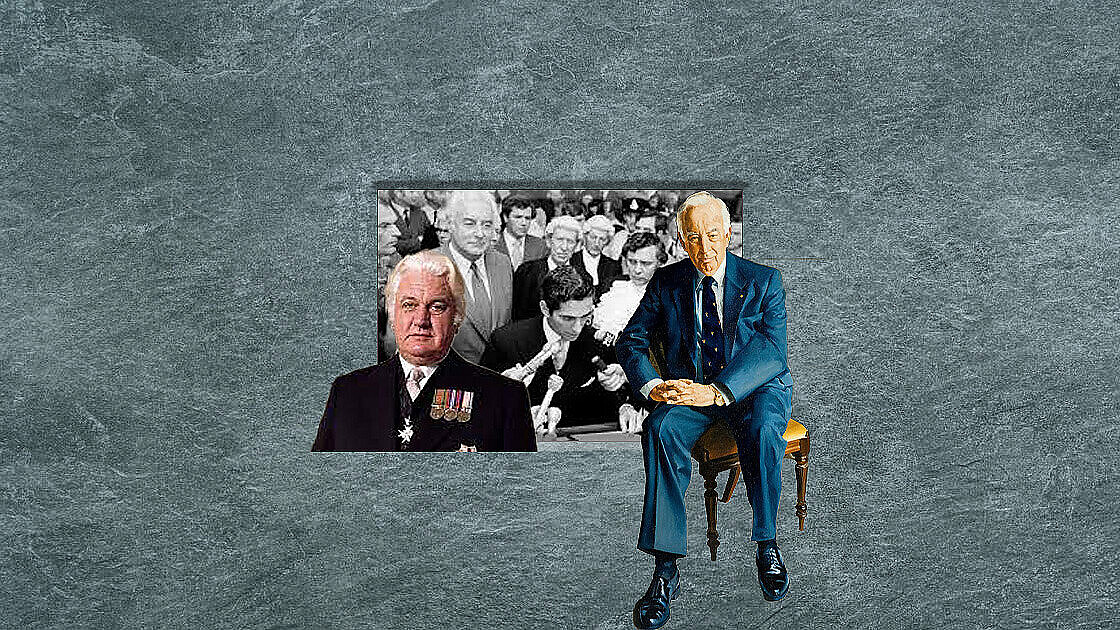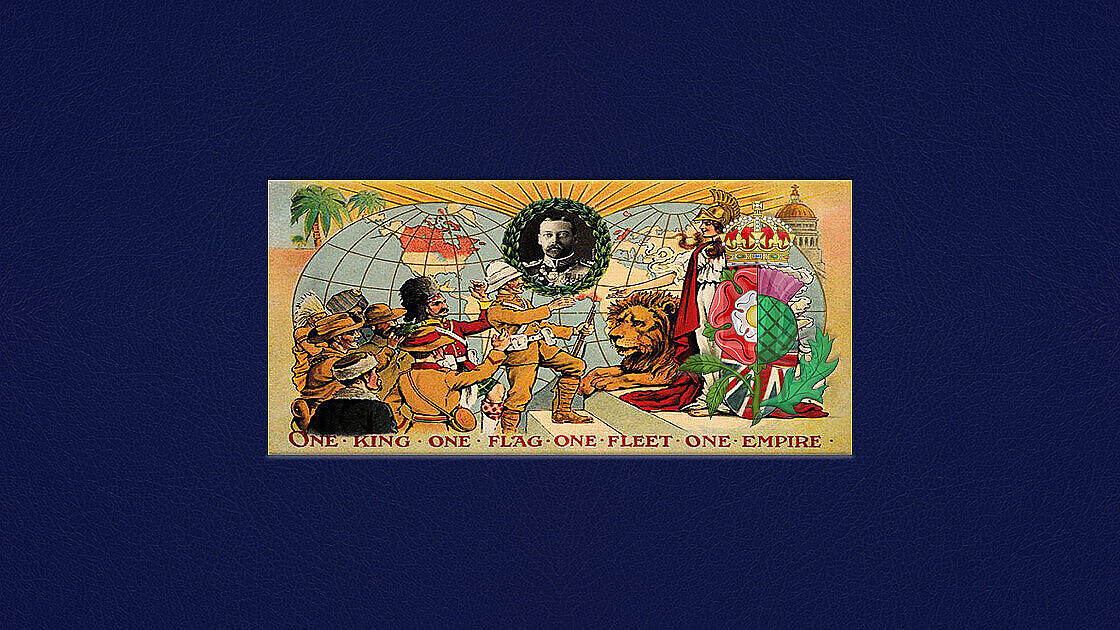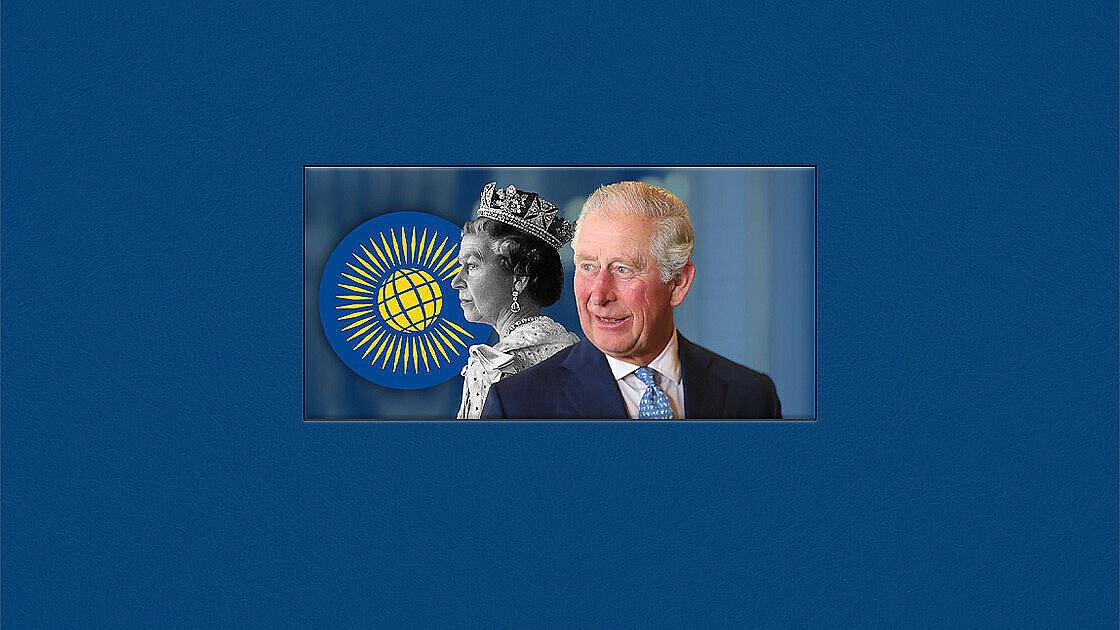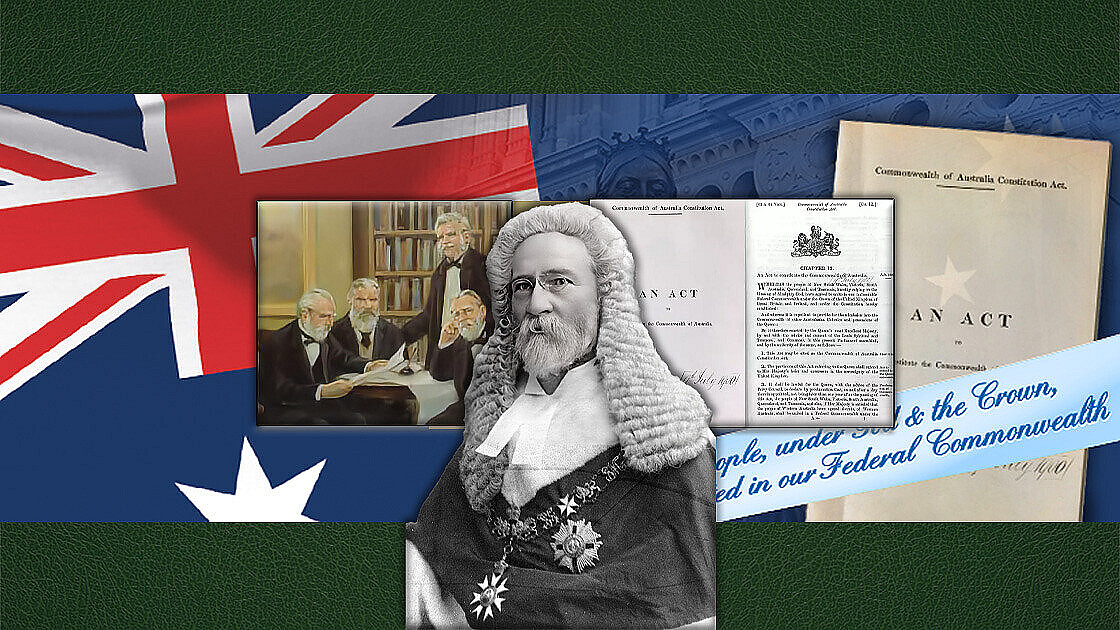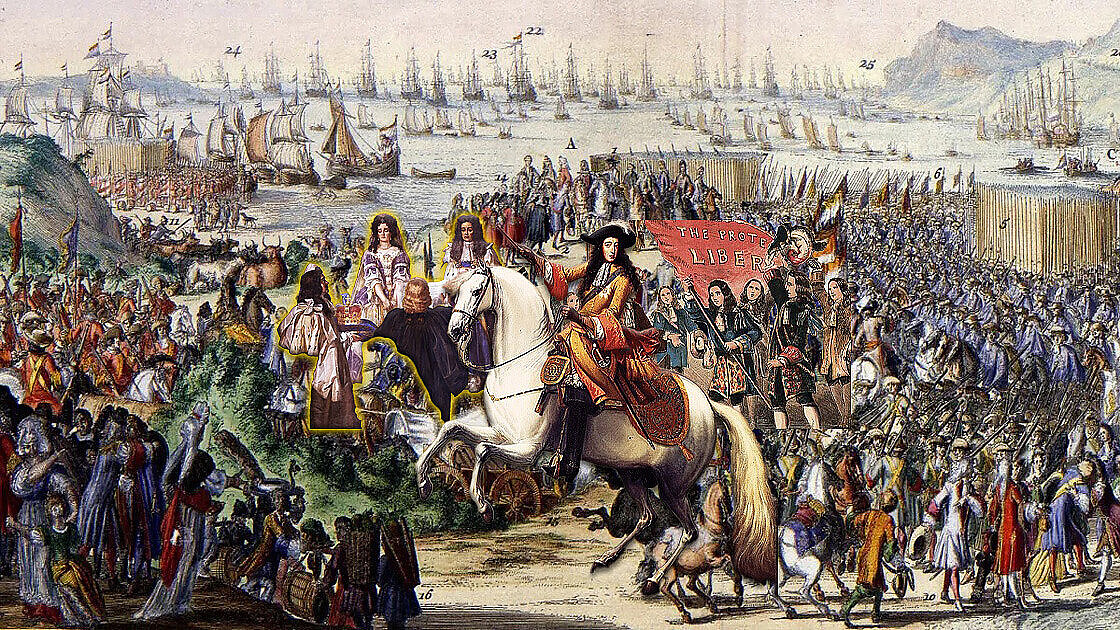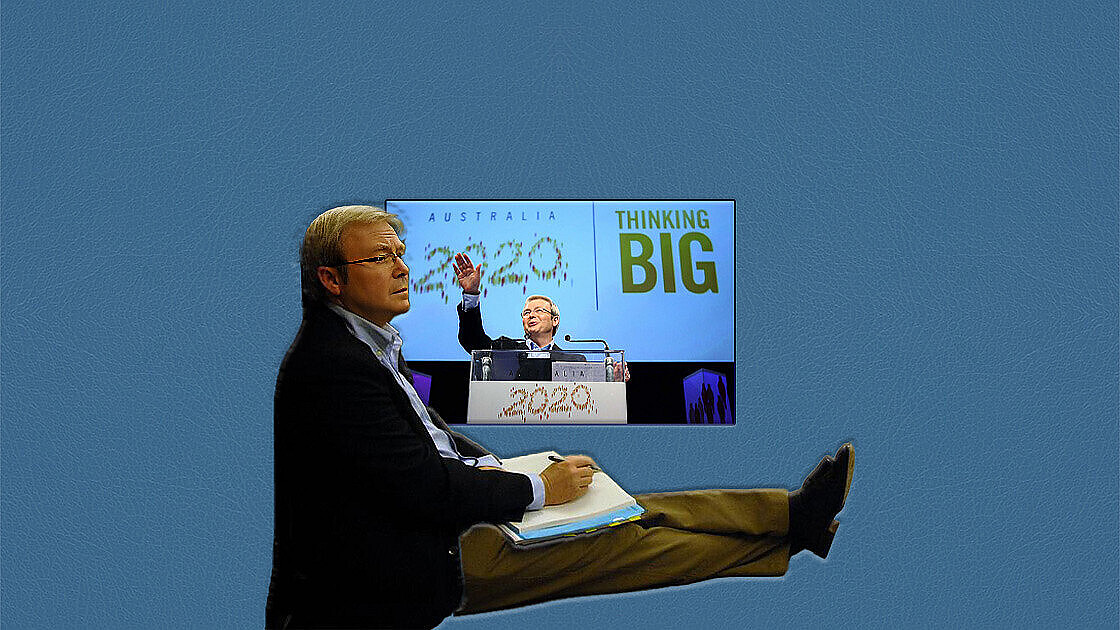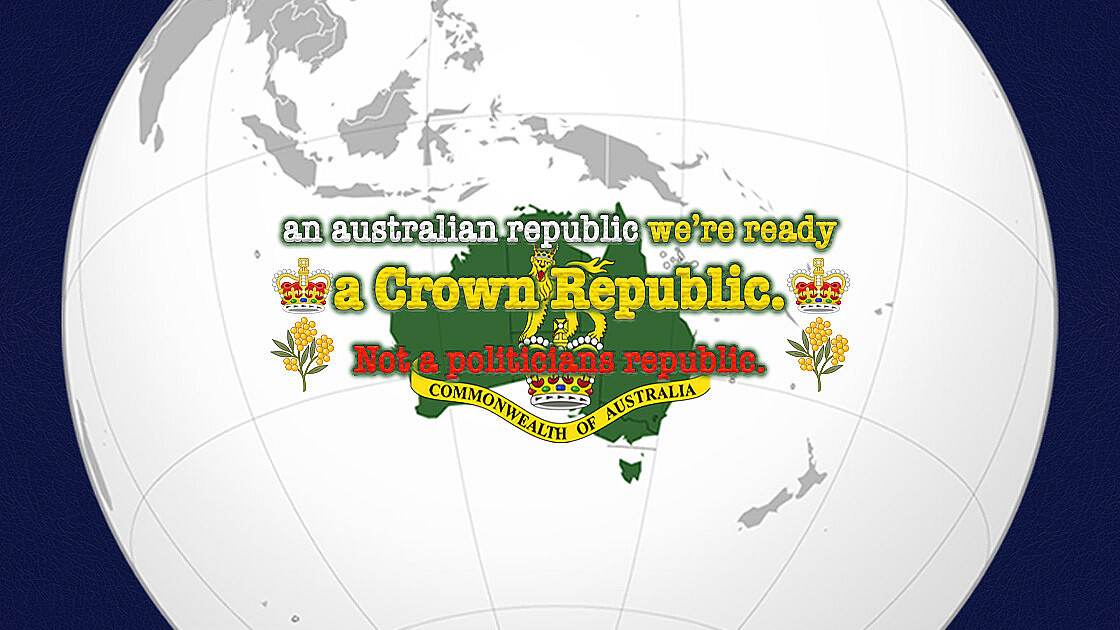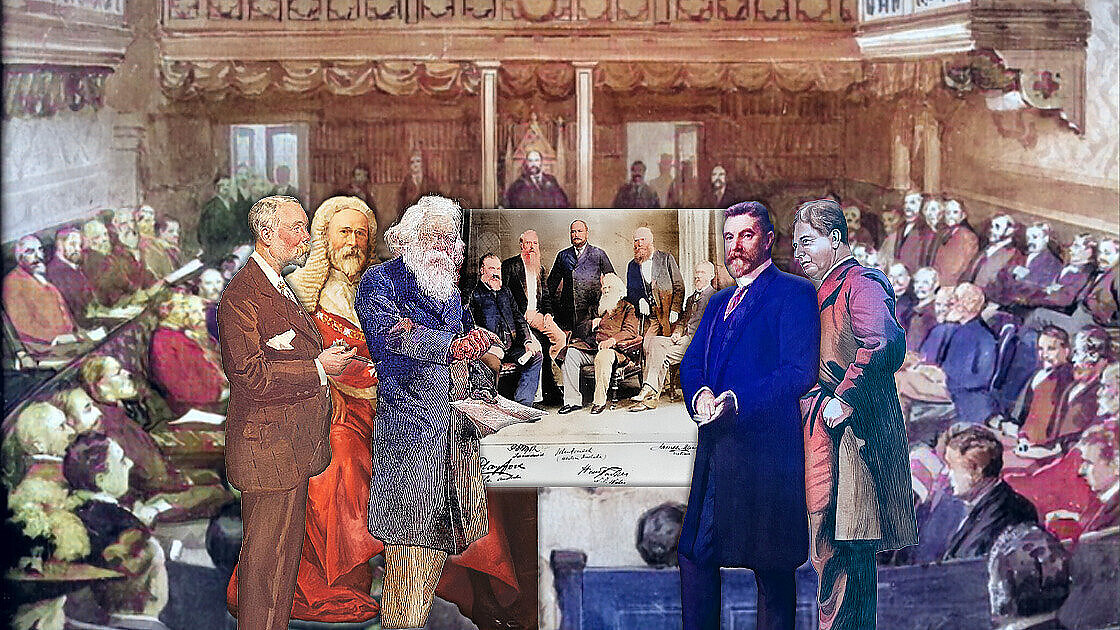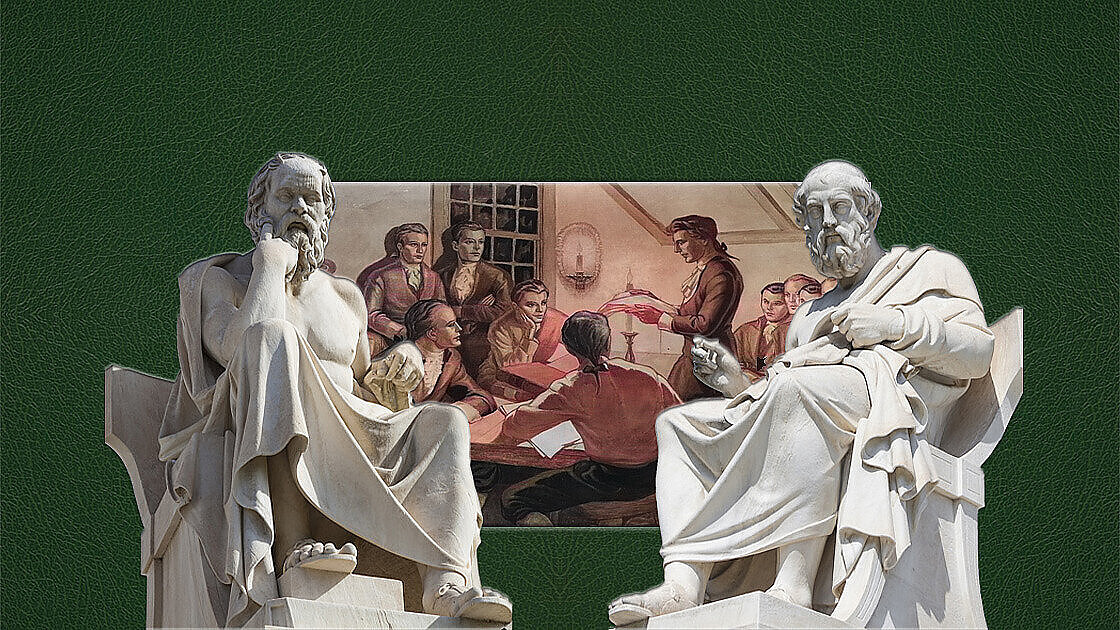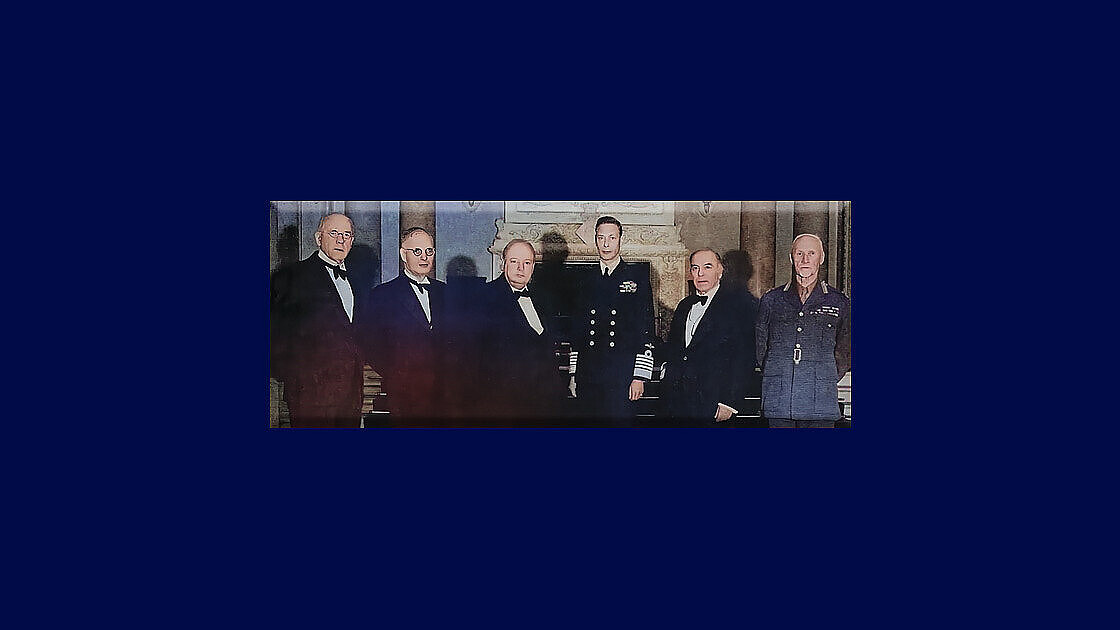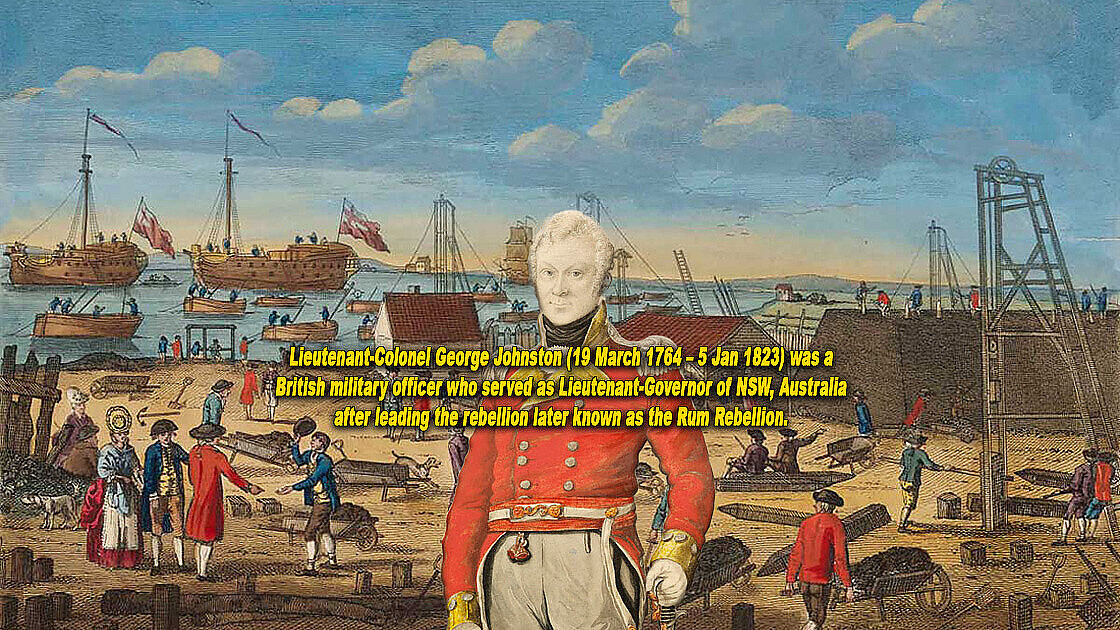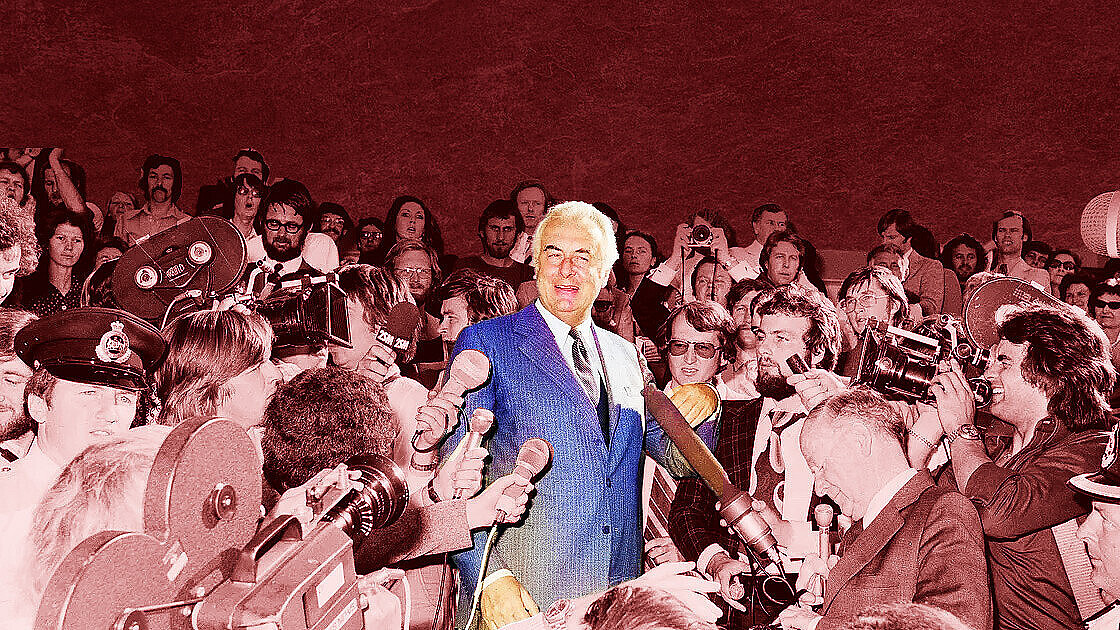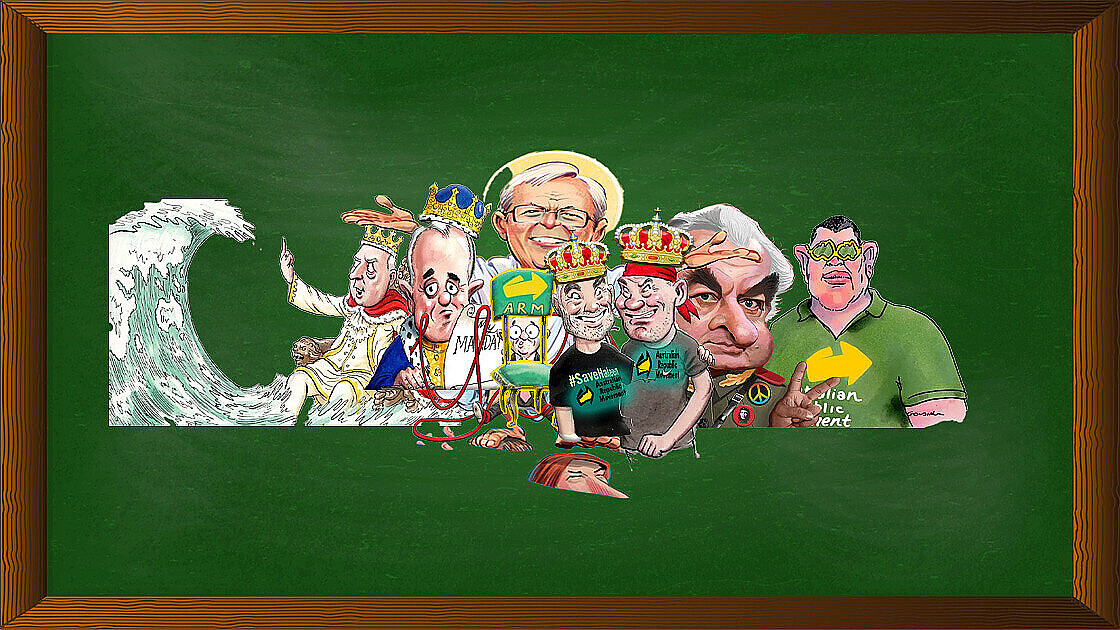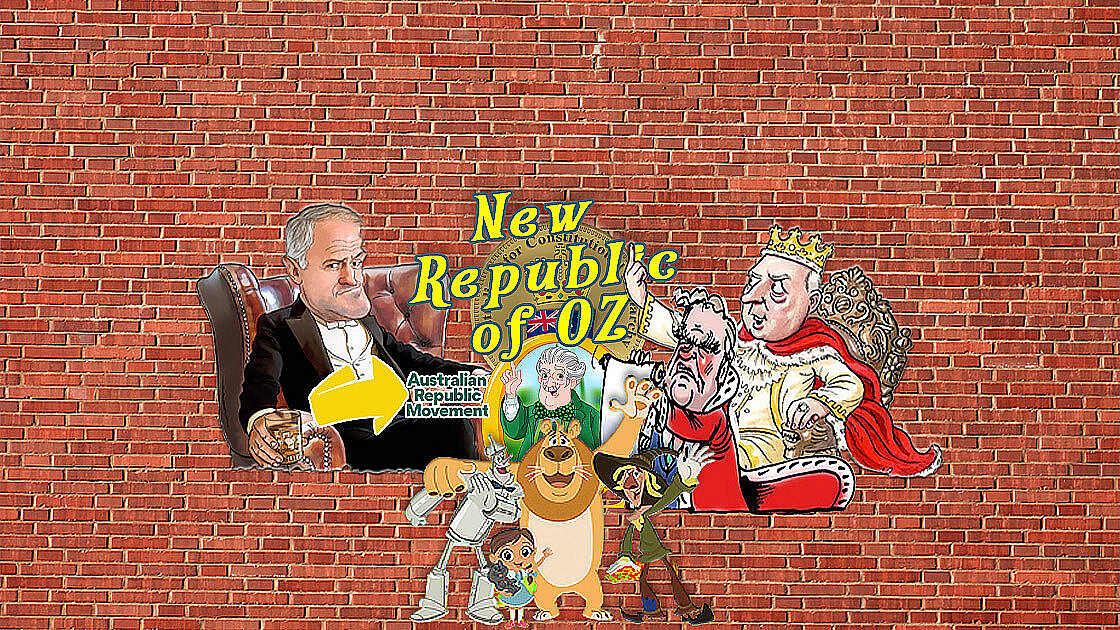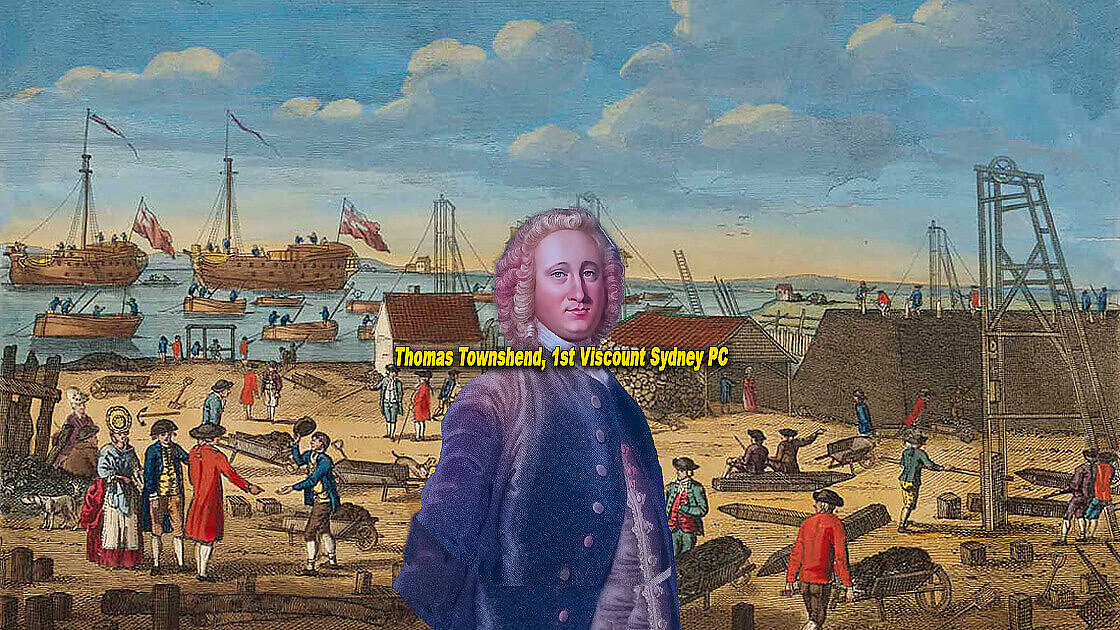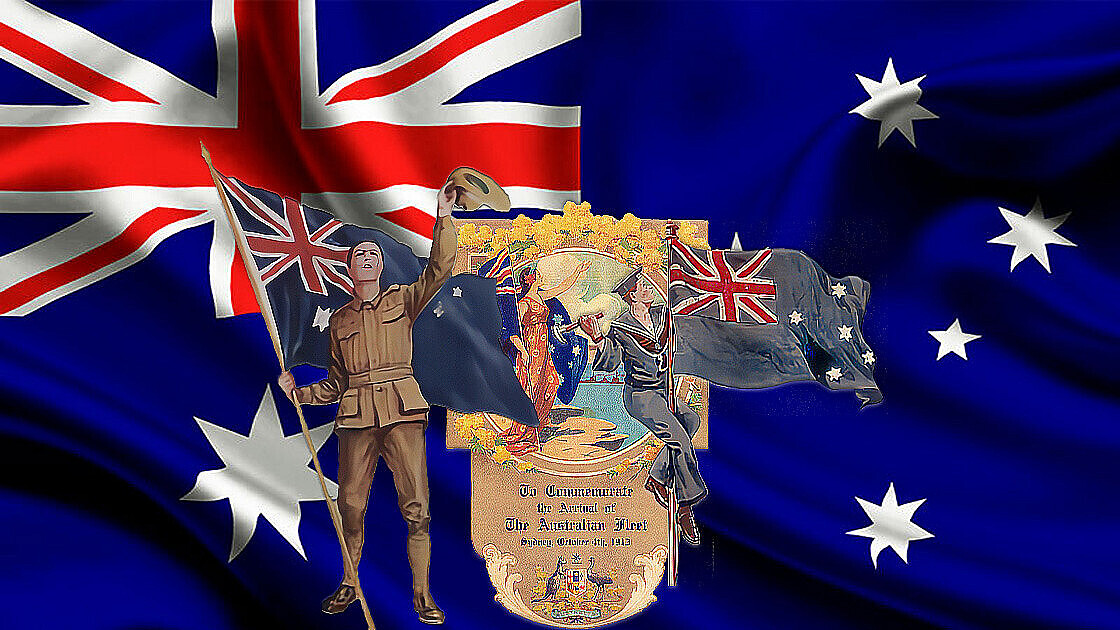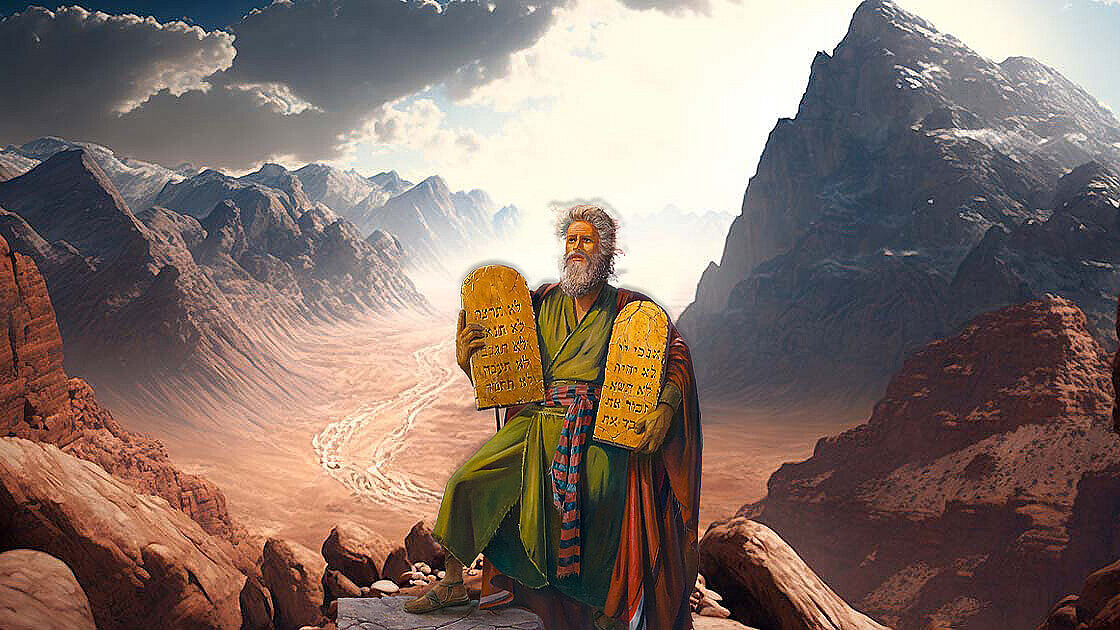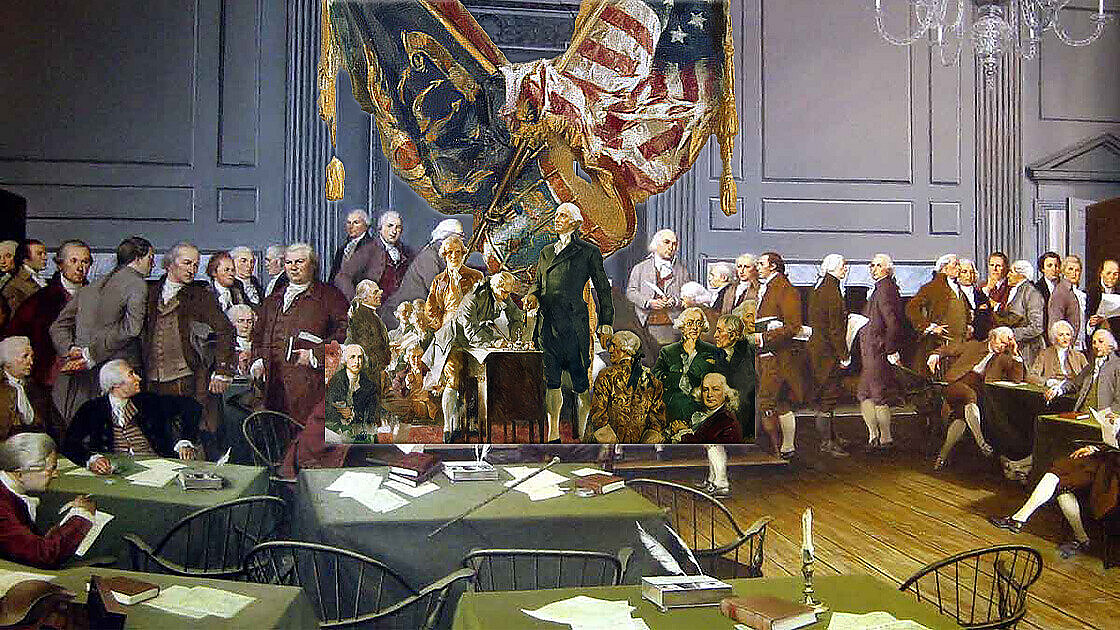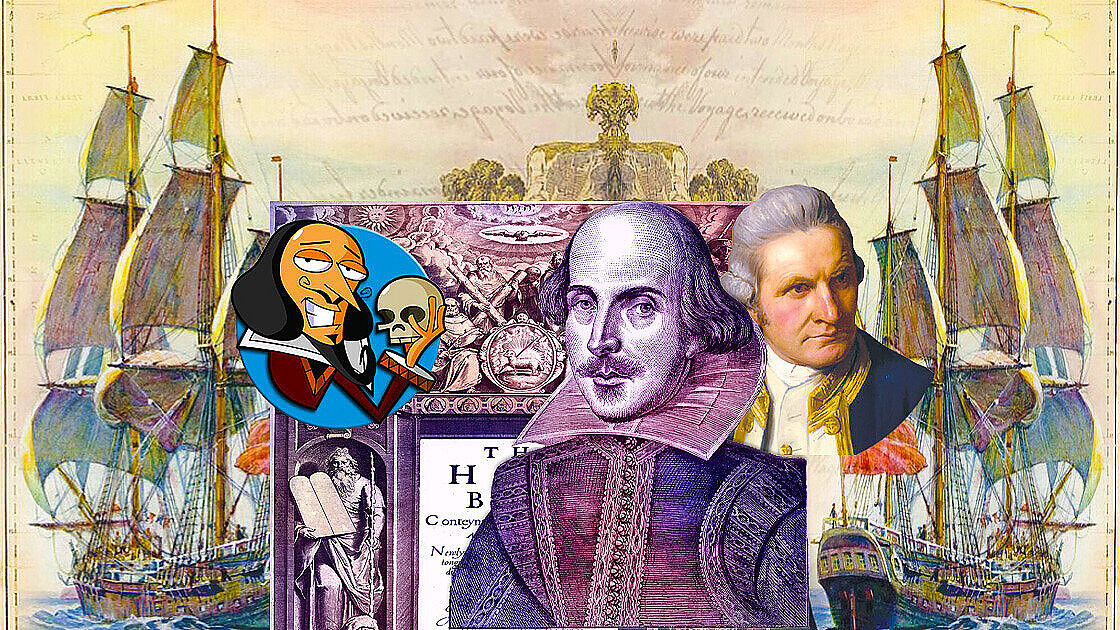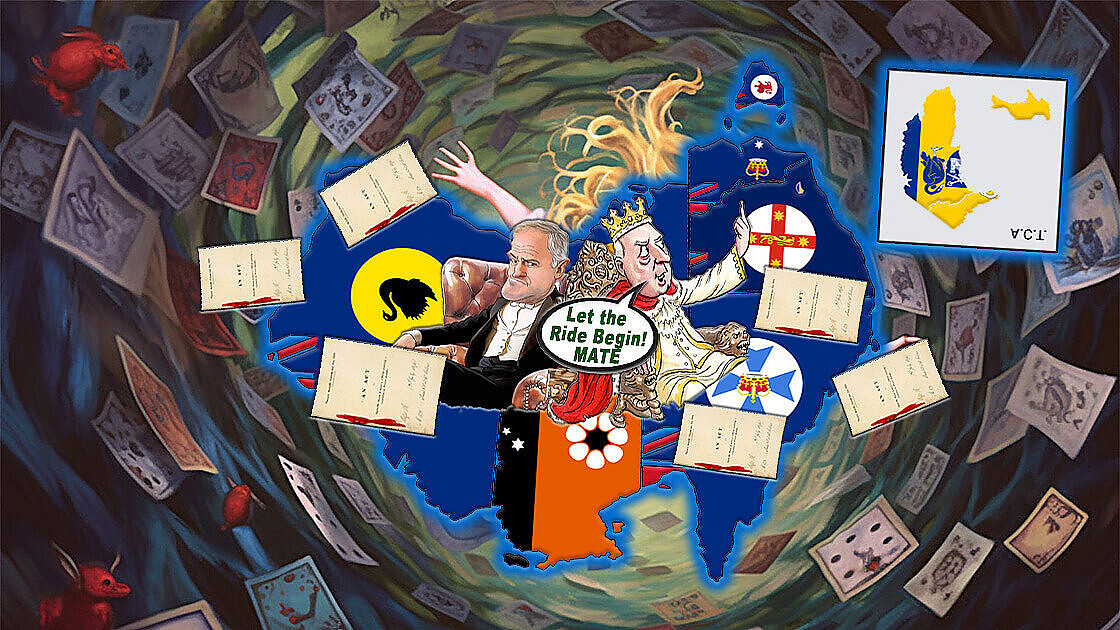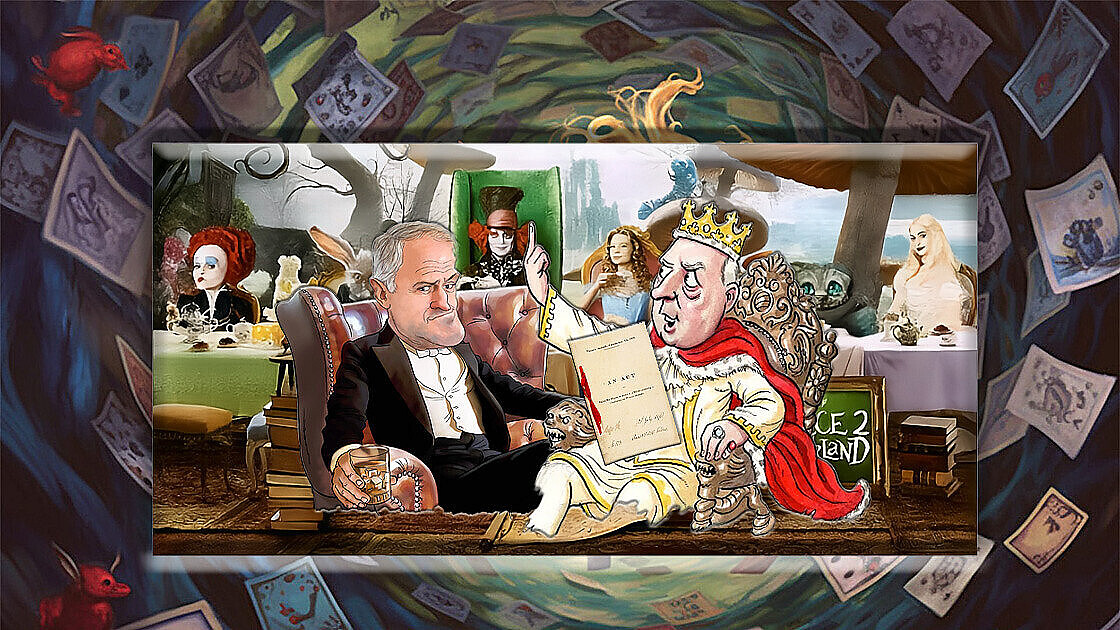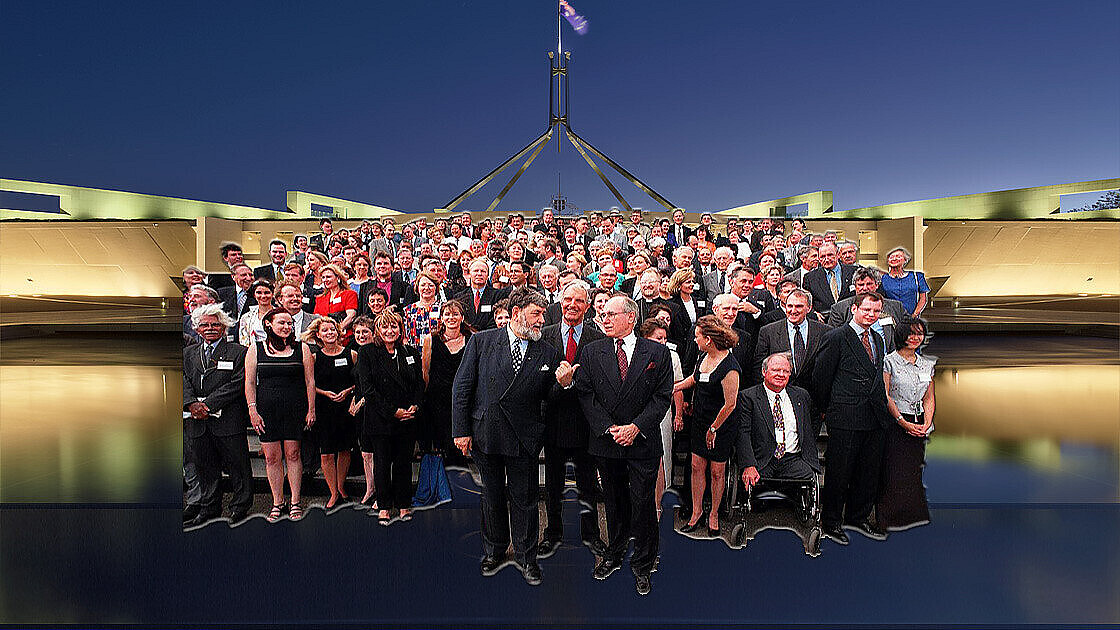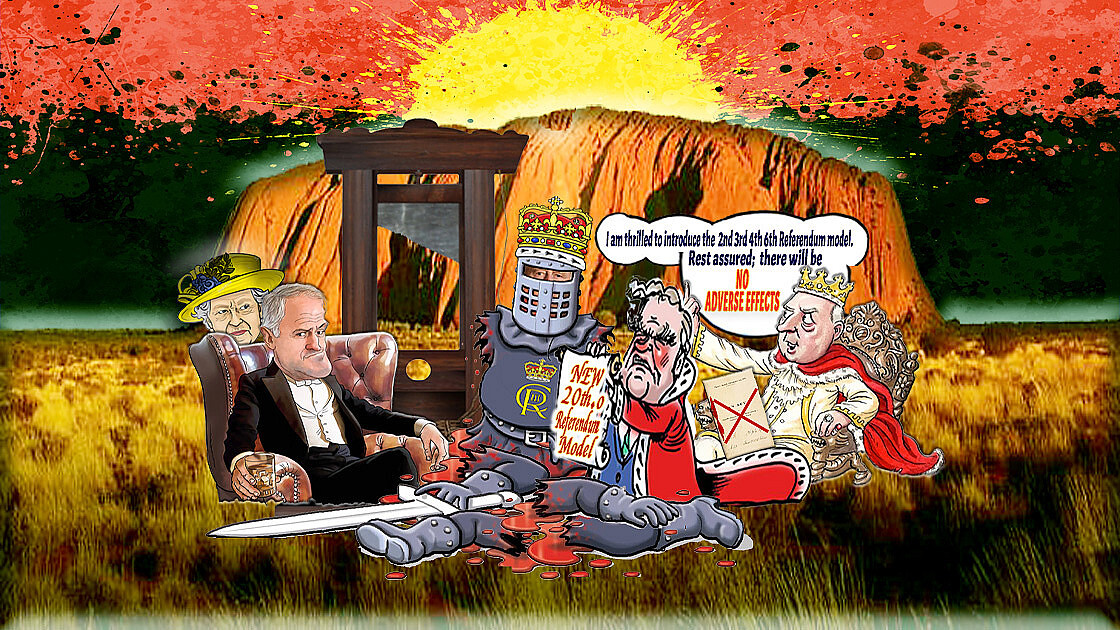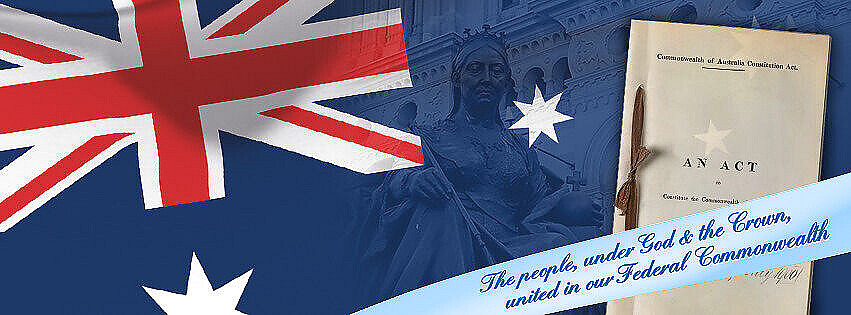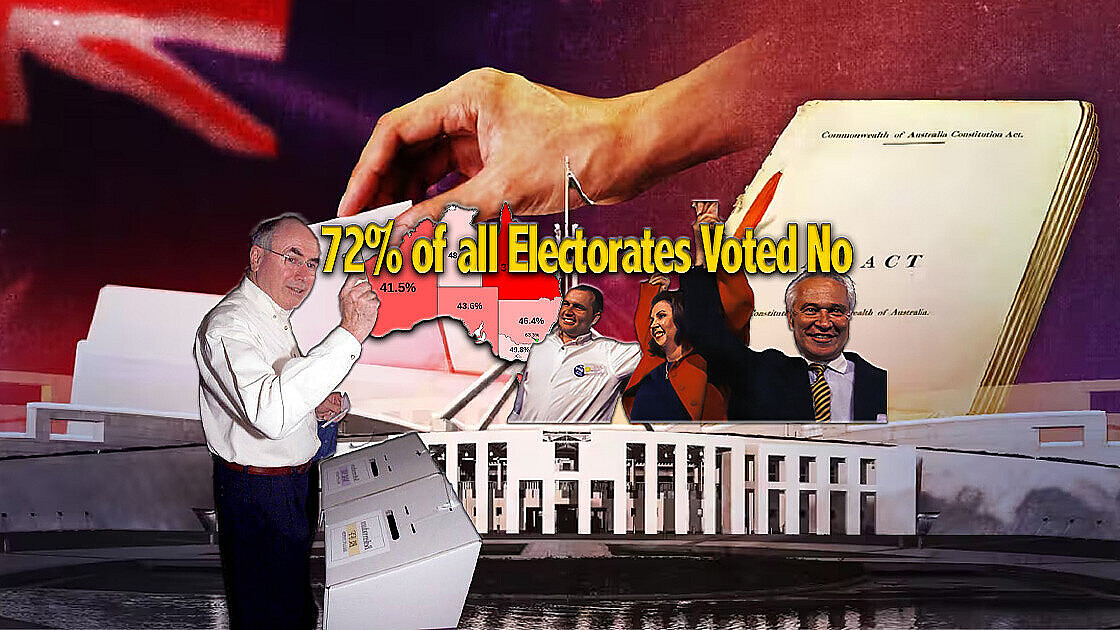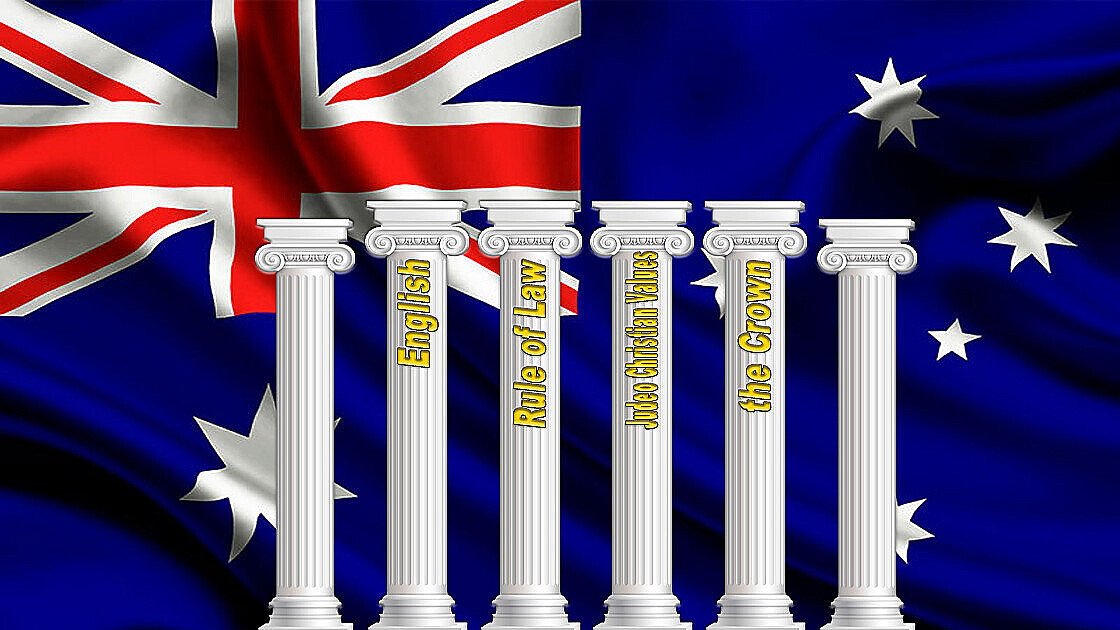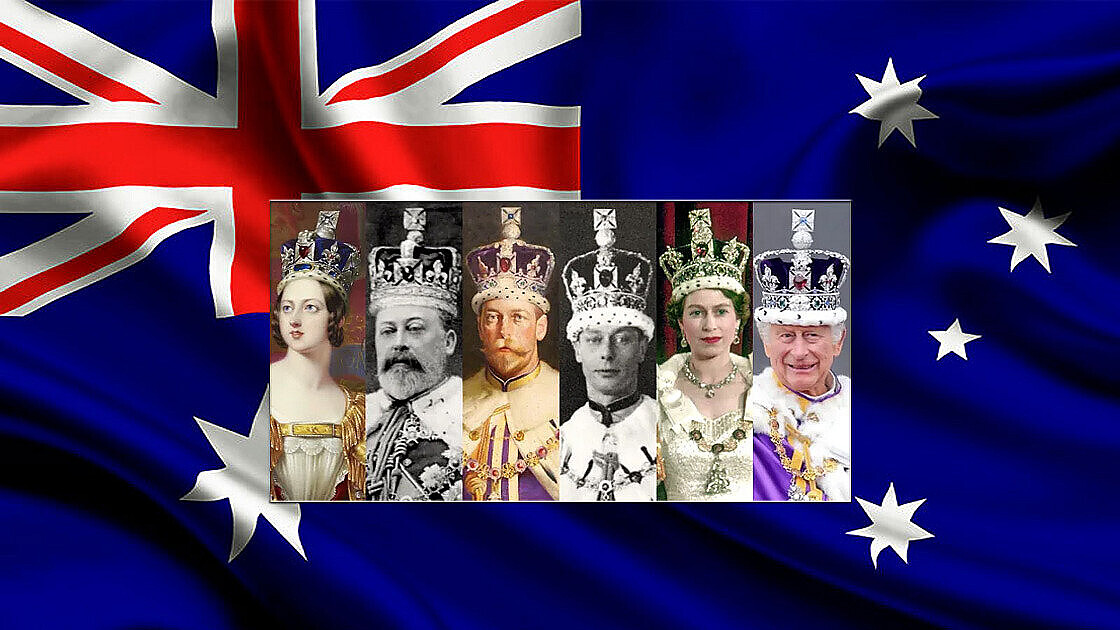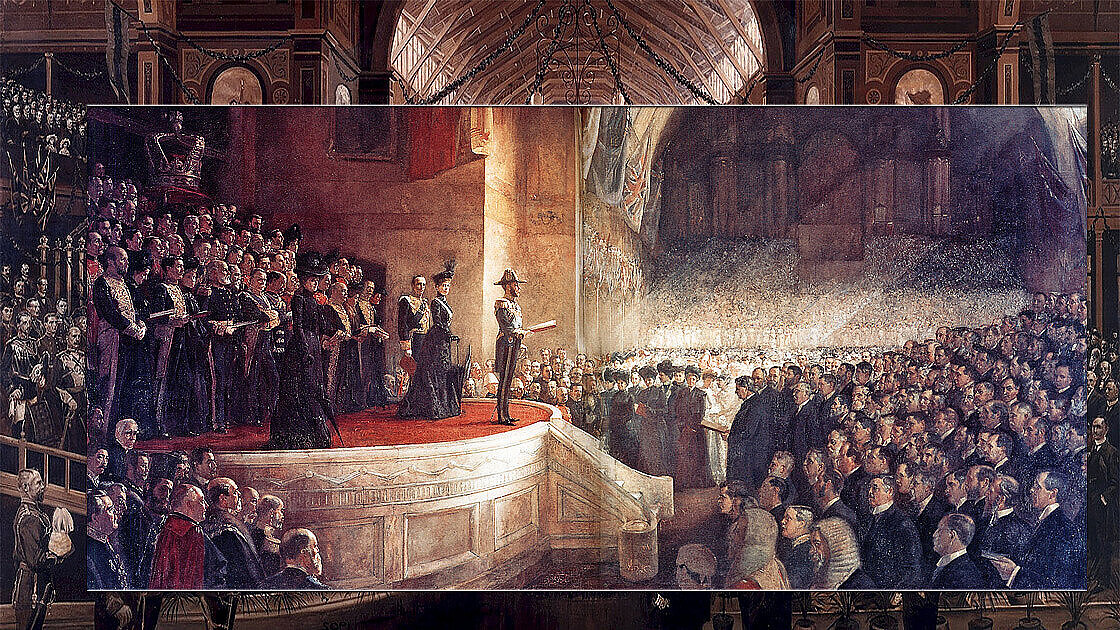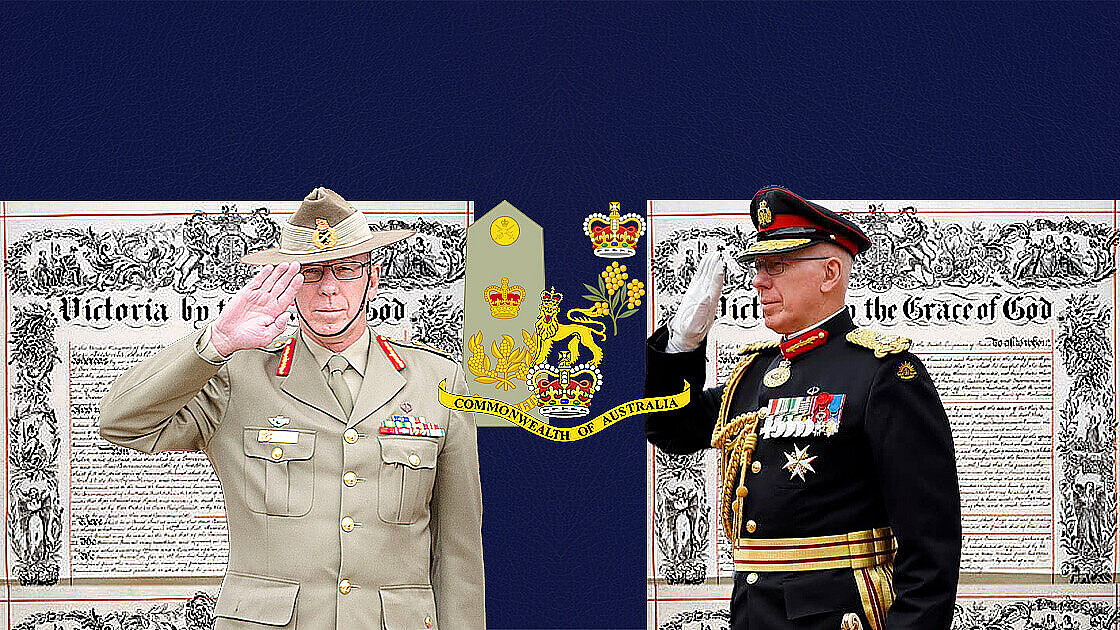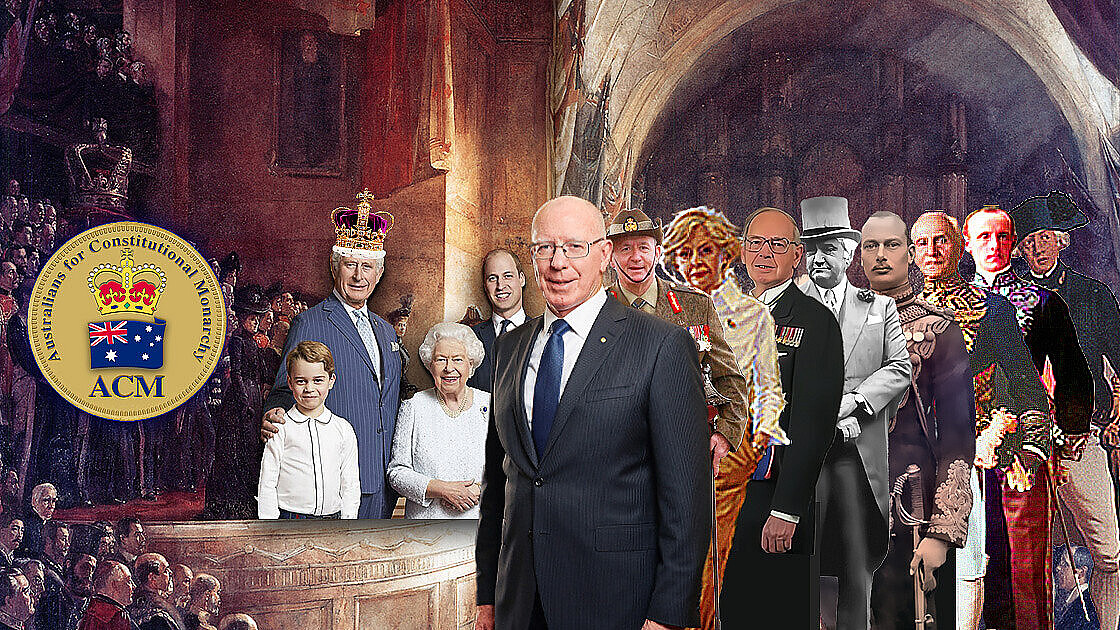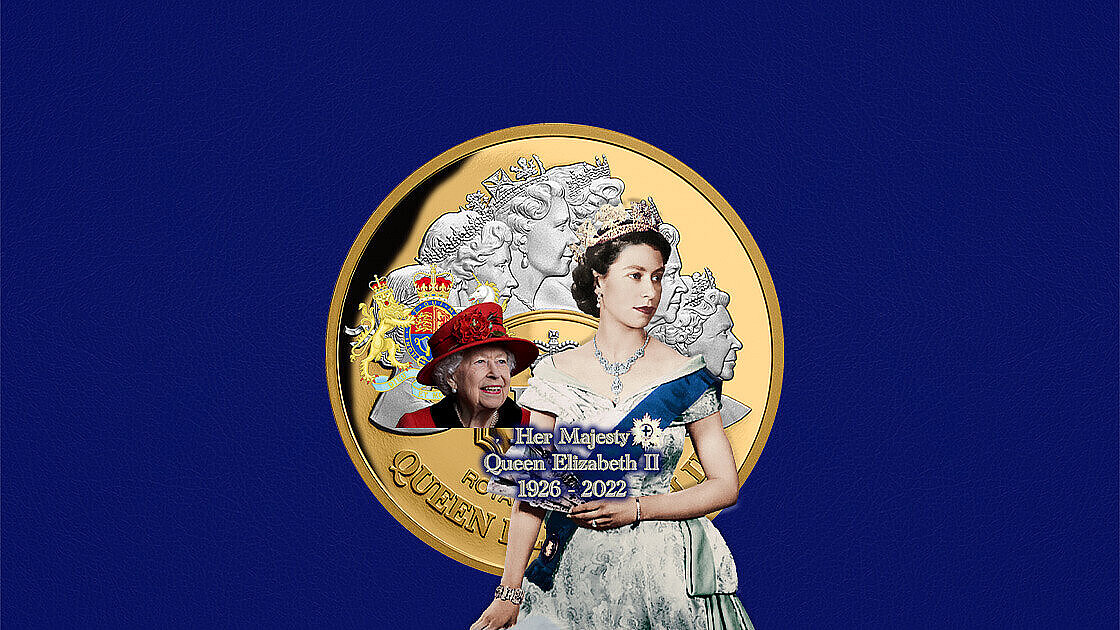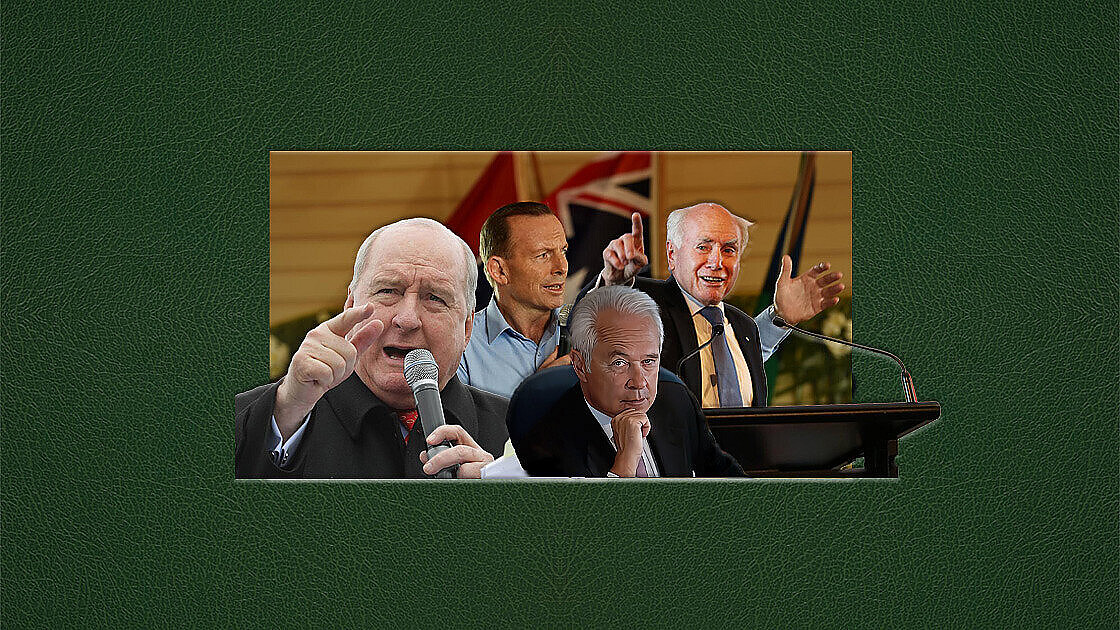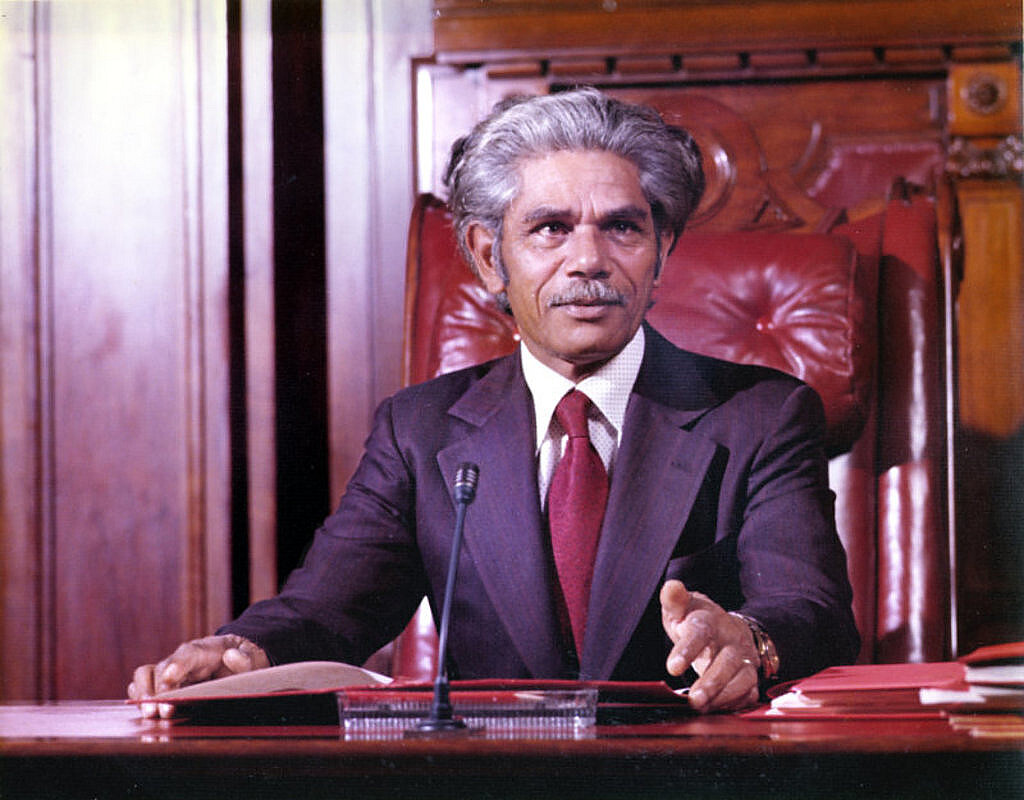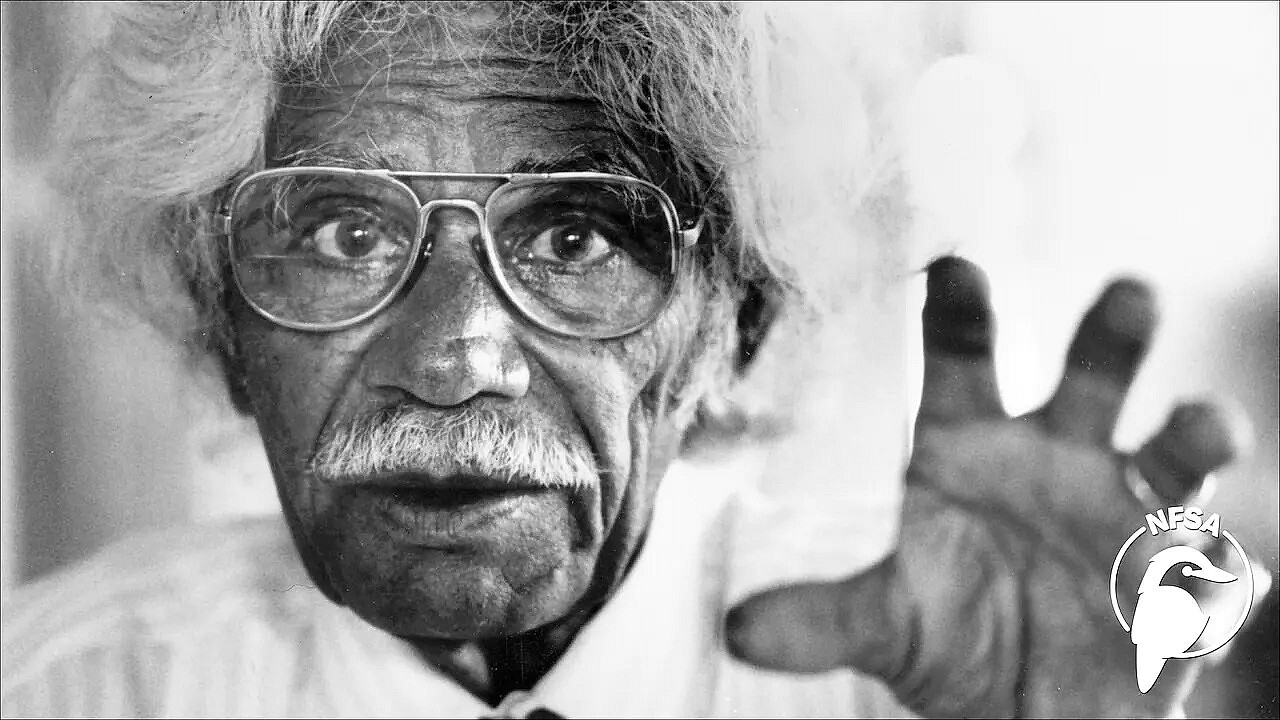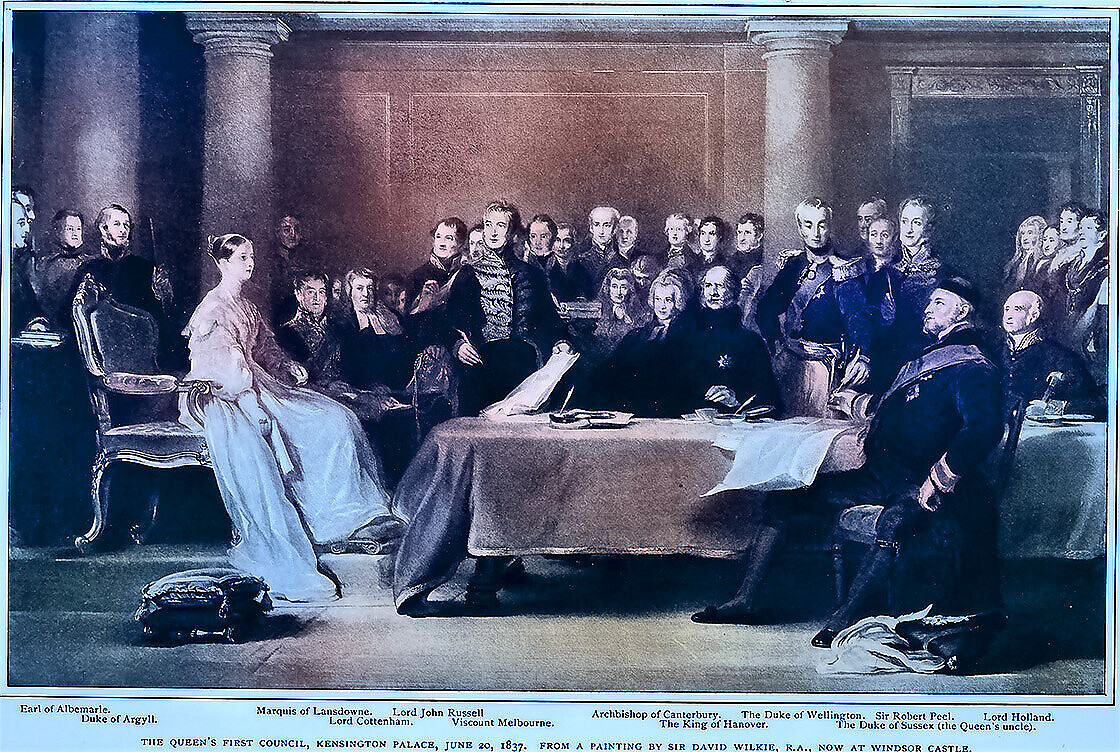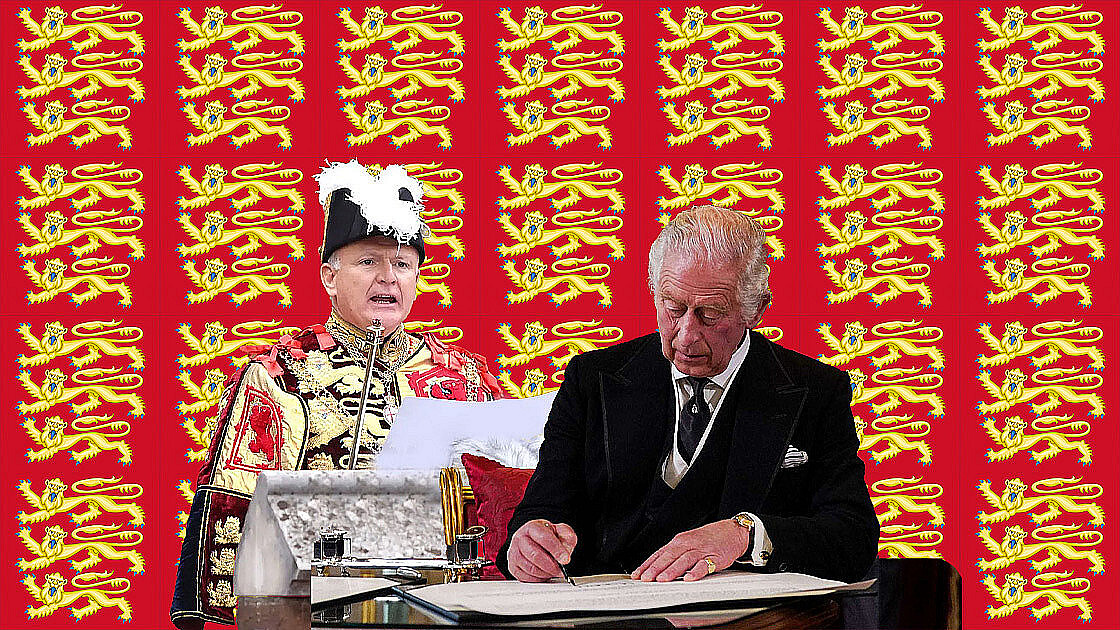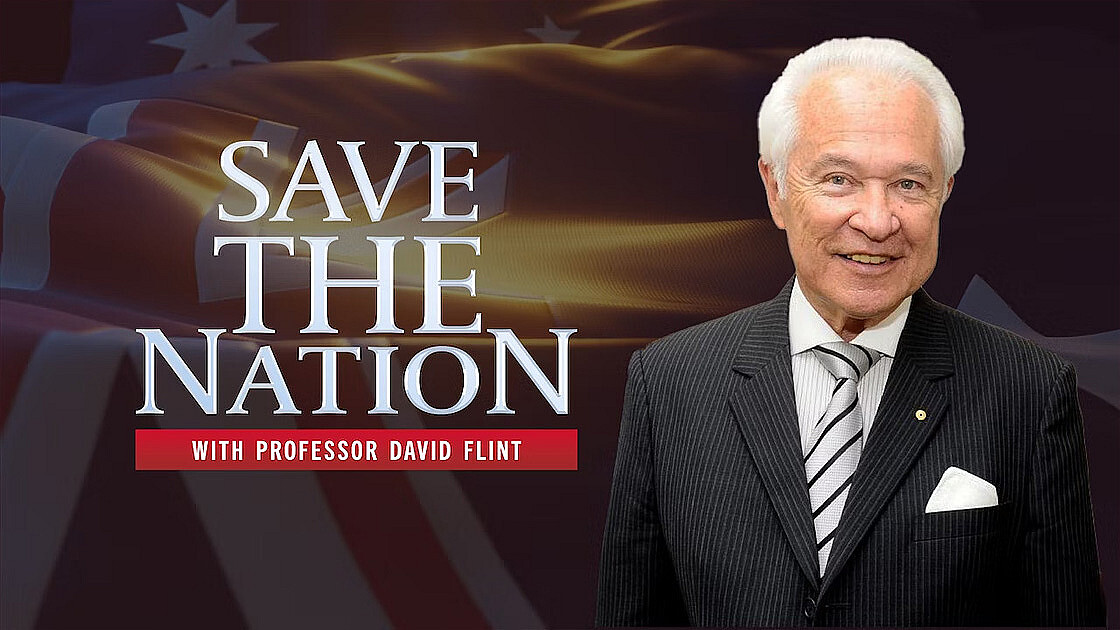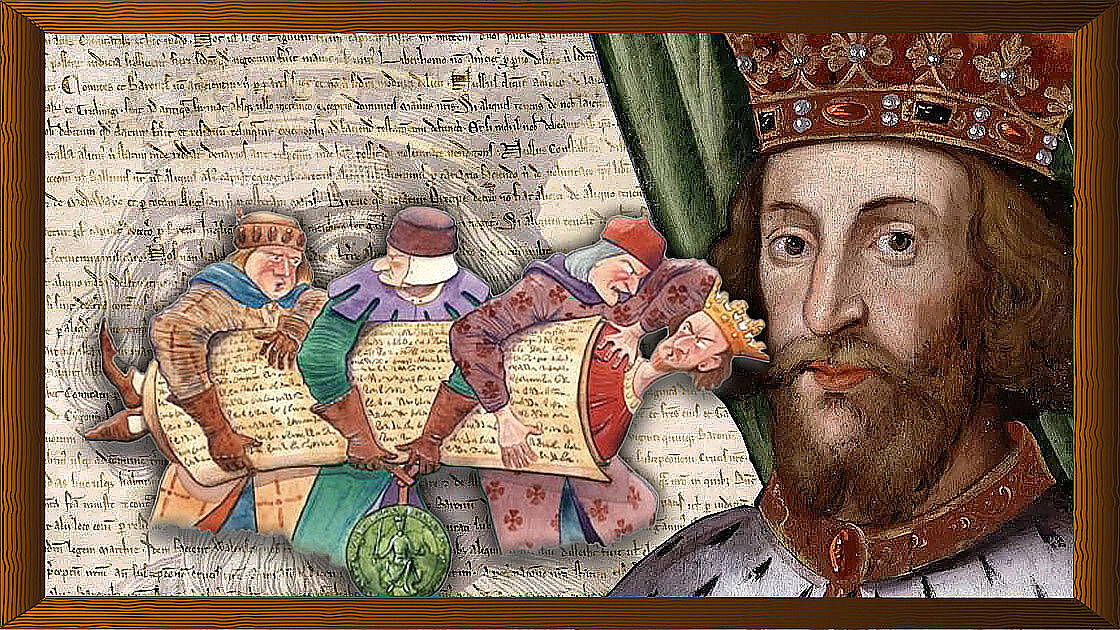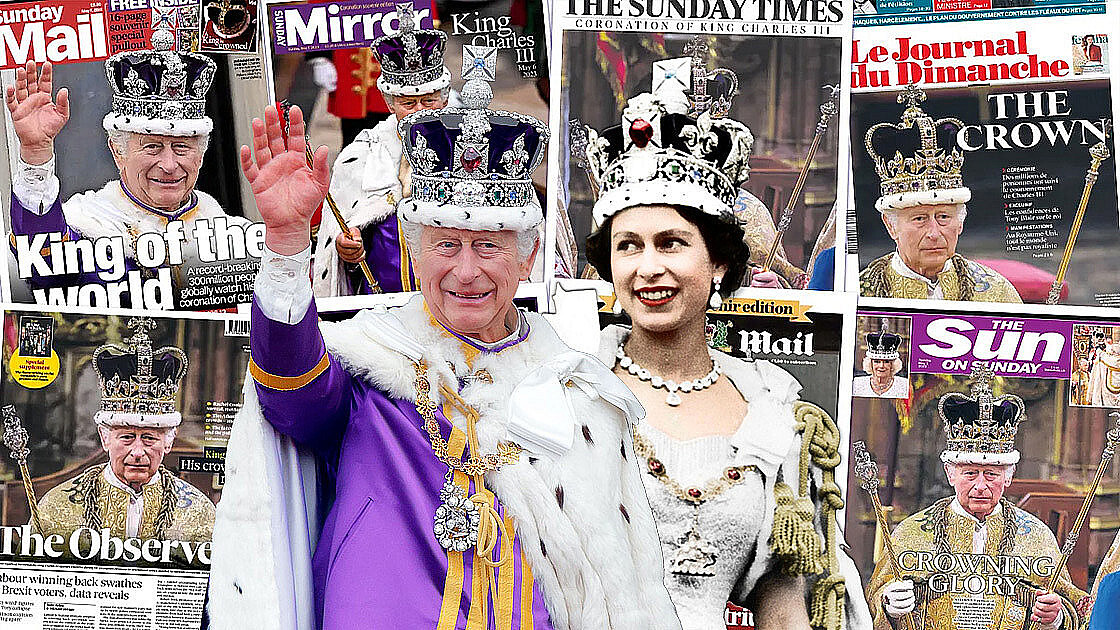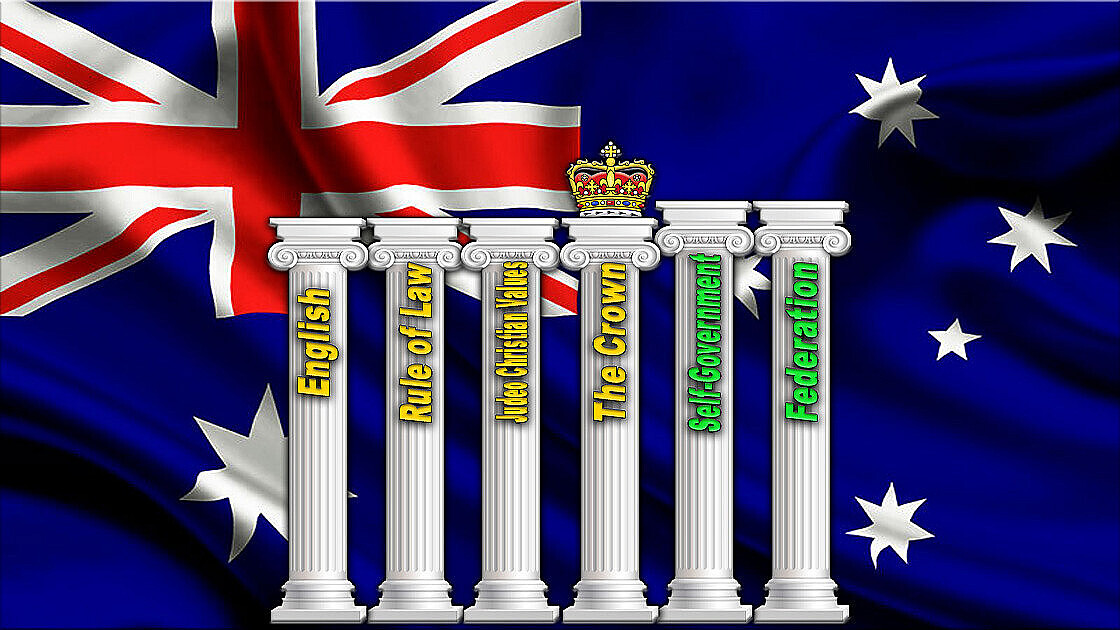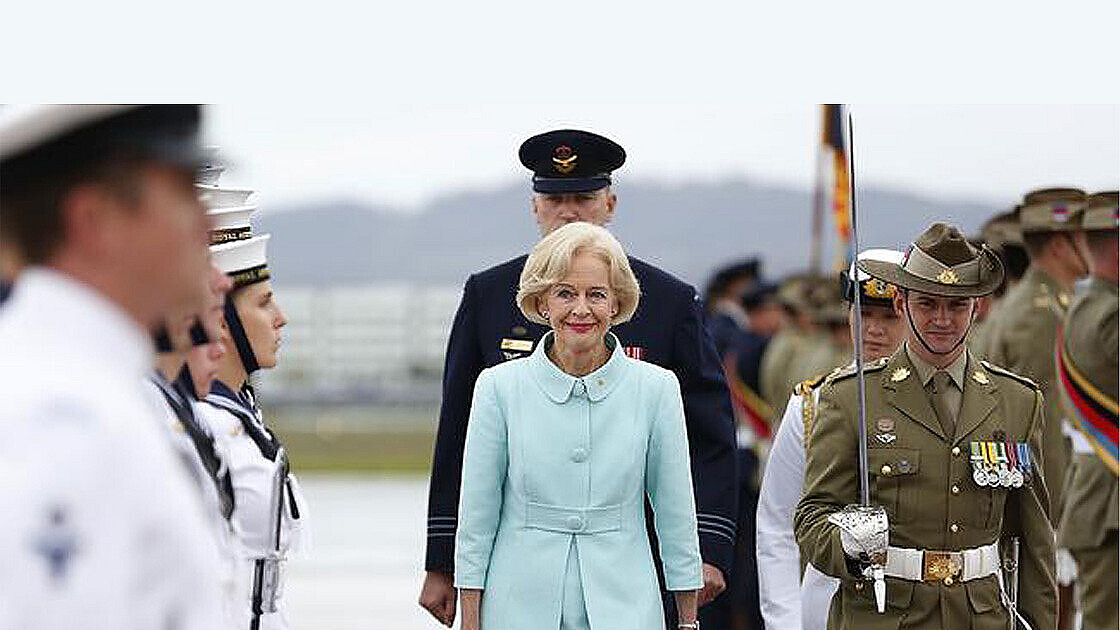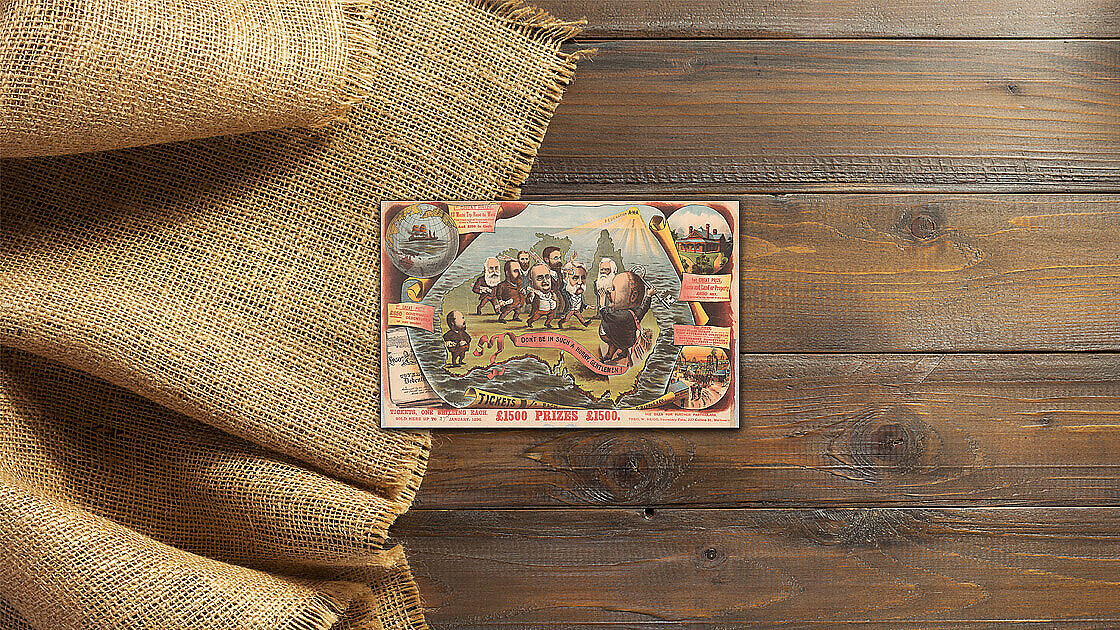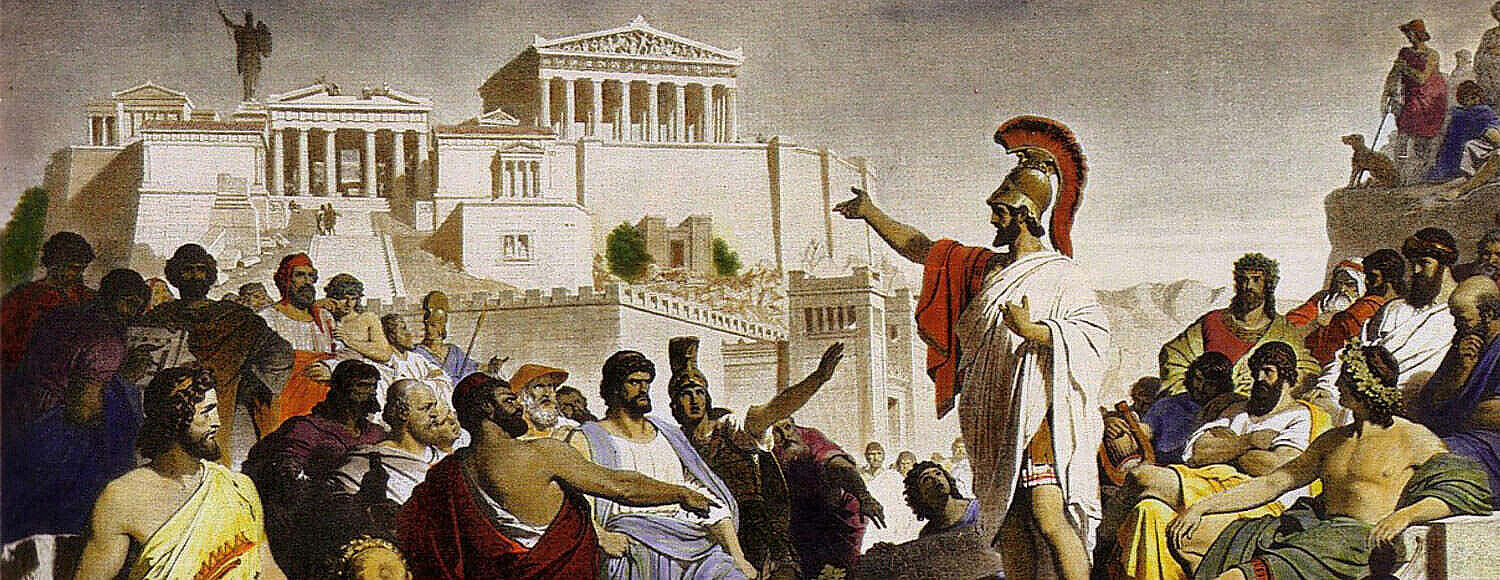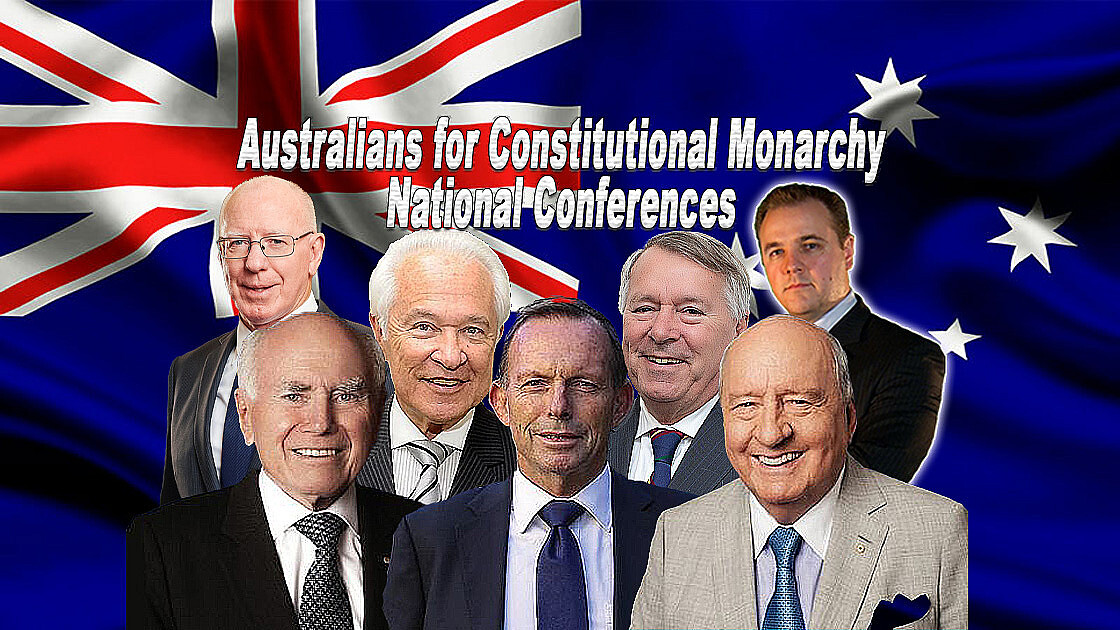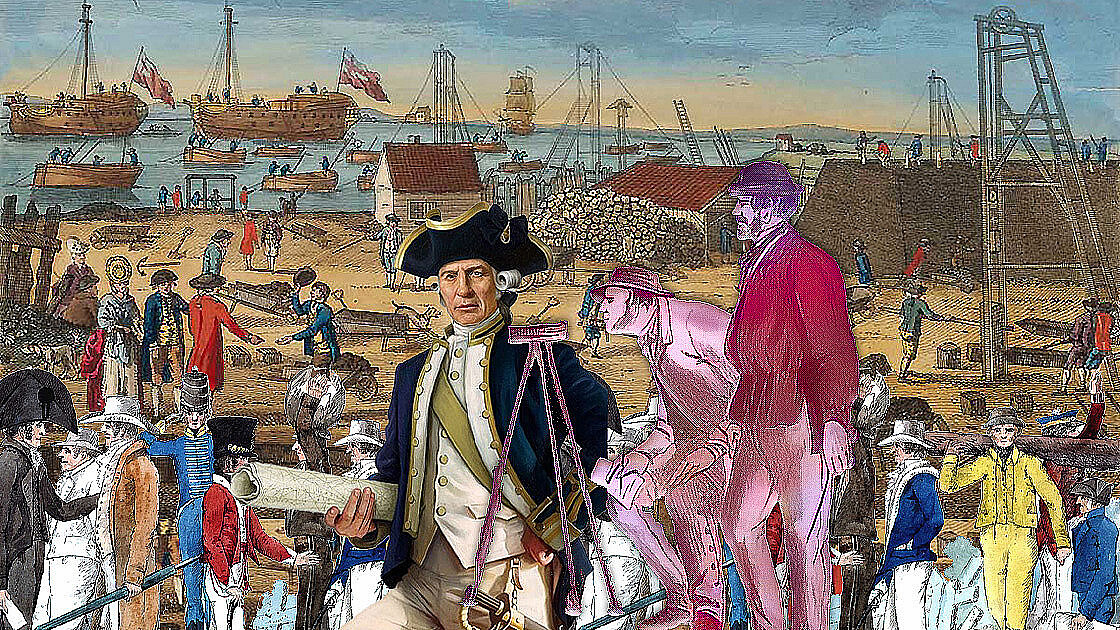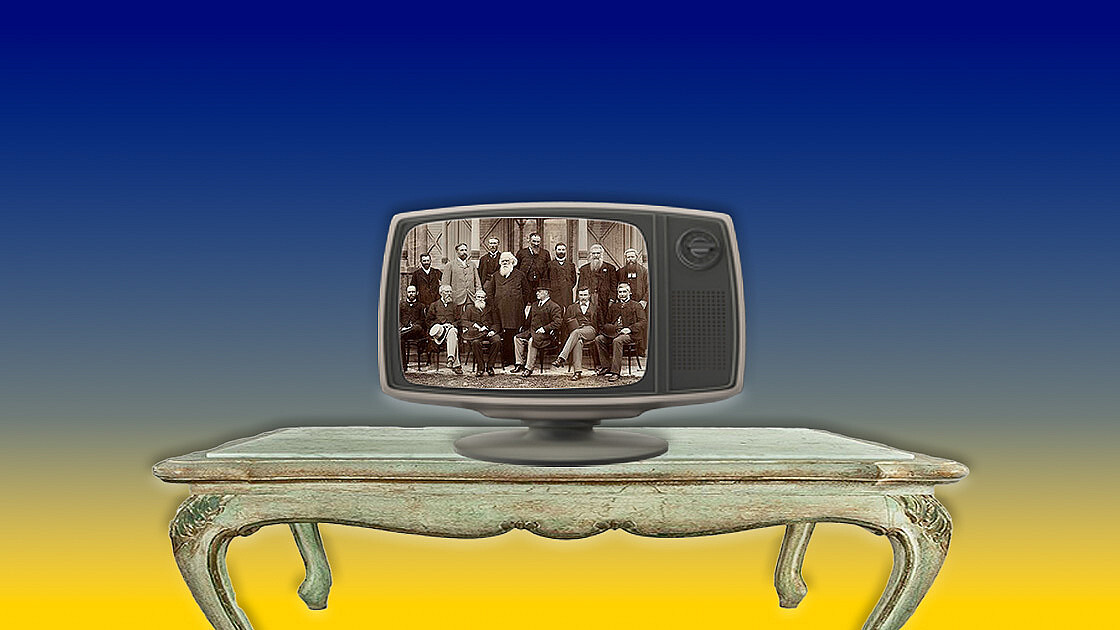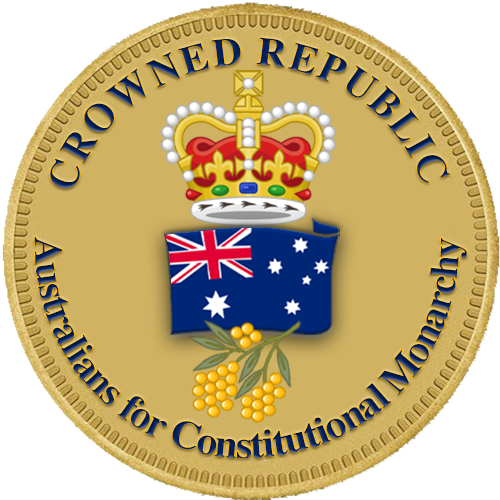Judeo Christian Values
Judeo Christian principles
The concept of a Judeo-Christian tradition flows from the Christian theology of supersession, whereby the Christian covenant (or Testament) with God supersedes the Jewish one. Christianity, according to this belief, reforms and replaces Judaism.
Our Judeo Christian values came with the settlement of Australia. They permeate our law, our language, our institutions and our Federation. (To say this is not to argue against the notion that Australia should not only tolerate but welcome migrants of other religions or of no religion— it is merely to state irrefutable facts.)
The Success Story of the Twentieth Century: The Australian Federation
The core of our Judaeo-Christian culture is the Holy Bible. It sets the context of, and it permeates and enriches, all the other pillars of our society. The common law is based on Christian ethics. The canon of our language is found in the Bible and in the Book of Common Prayer. And our Sovereign, anointed and set apart at the Coronation, regards herself accountable to the Almighty. As the Queen said in her Christmas Broadcast on 25 December 2000:
"For me the teachings of Christ, and my own personal accountability before God, provide a framework in which I try to lead my life."
It will be noted that Her Majesty affirmed this without ministerial advice. That is, it was a clear personal statement.
The first Christian clergyman in Australia, Richard Johnson, in the very first Christian sermon given on this land, saluted the colonists in an ecumenical spirit of love and tolerance. He said:
"I do not address you as Churchmen or Dissenters, Roman Catholics or Protestants, as Jews or Gentiles ... But I speak to you as mortals and yet immortal ...
"The gospel ... proposes a free and gracious pardon to the guilty, cleansing to the polluted, healing to the sick, happiness to the miserable and even life for the dead." (Ian H. Murray 1988)
As Edmund Burke once said: "We know, and what is better, we feel inwardly that religion is the basis of civil society."
During the drafting of our Constitution, at the Federal Convention in Adelaide, in 1897, a delegate, Mr P. M. Glynn, proposed that the Preamble to the Constitution Act recognise the "invisible hand of Providence" in the Federation of our nation. (Convention Debates, Adelaide, 1897, p. 1185-6.) More petitions were received supporting this proposal than any other aspect of the Constitution.
So we find that provision in the Preamble which summarises briefly and succinctly the pith and substance of that great act of unity, that the people of each of the State ...
"humbly relying on the blessing of Almighty God, have agreed to unite in one indissoluble Federal Commonwealth under the Crown ... and under the Constitution hereby established."
In order to balance this, section 116 was inserted to provide:
116. The Commonwealth shall not make any law for establishing any religion, for imposing any religious observance, or for prohibiting the free exercise of any religion, and no religious test shall be required as a qualification for any office or public trust under the Commonwealth.
Thus Australians are free to worship or not to worship as they wish. This does not change the fact that our society was founded on Judeo-Christian values.
Now the proposition that our society is based on Judaeo-Christian culture comes as an affront to the elites who today preside over our cultural institutions, the media, the universities and the arts.
After all, this proposition goes against the cultural relativism of this age, the elite theory that all cultures are of equal value. But facts are facts. The core of Western society remains Christian, even if the elite humanist avalanche desperately tries to retain our civilisation while removing its heart. The various surrogates for faith. as M.A. Casey (2001) says, including reason, history and nature. have each, in their turn, become unbelievable. The consequence is a crisis of meaninglessness, in which Nietzsche revelled. The banishment of religion is a dangerous exercise, for without it the whole cultural and moral edifice of the nation and, indeed, mankind inevitably collapses.
Those regimes which, since the French Revolution, have sought to remove and destroy the beliefs of the people and substitute a State atheistic ideology were all intrinsically evil. Remember first the Jacobins in France, who instituted a cult of religion and enthroned a woman. Some said a prostitute, as the Goddess of Reason in Notre Dame. And who then imposed a frightful Reign of Terror. Remember, also. The Marxist experiments in Soviet Russia, Eastern Europe, Asia and Africa, and Nazism in Germany eventually destroyed themselves — but only after they had slaughtered millions and millions of innocents.

